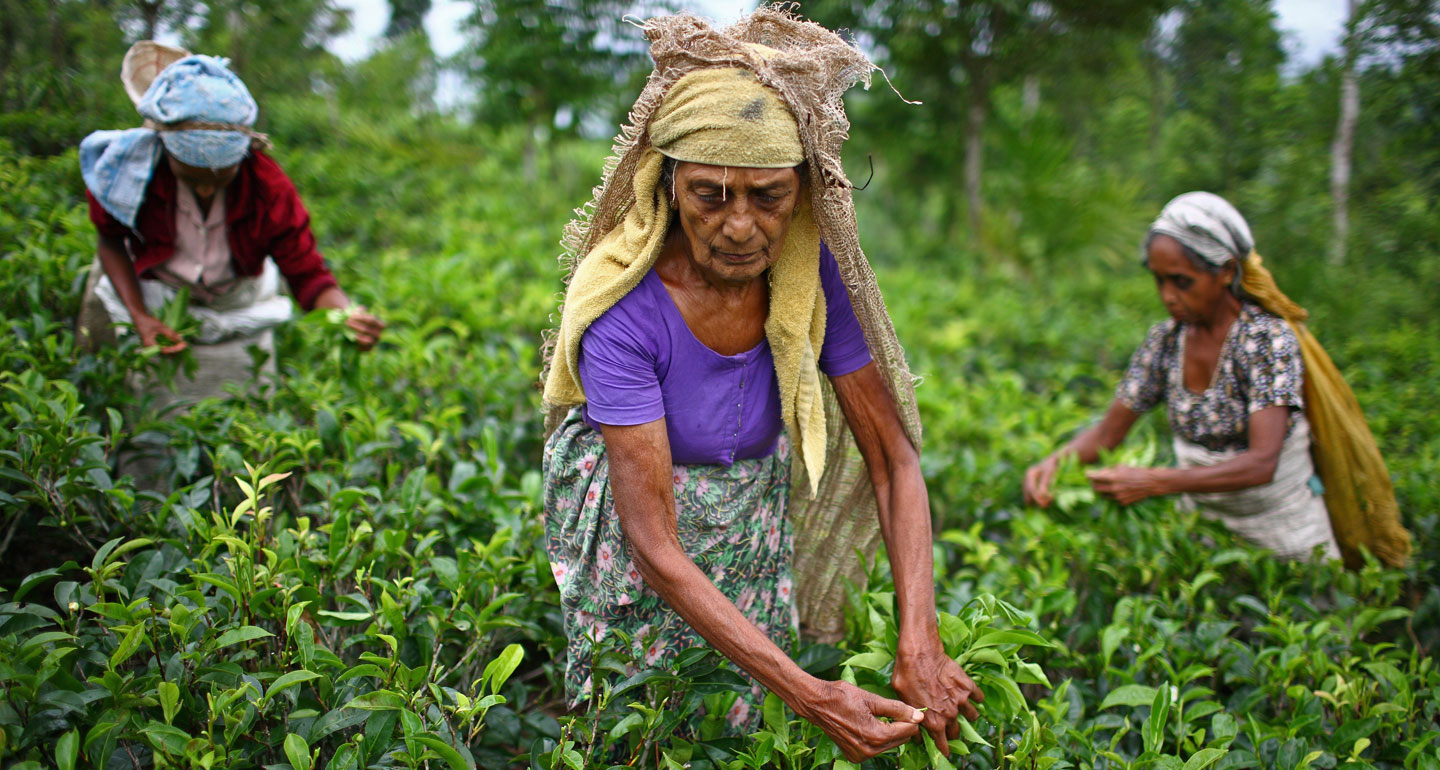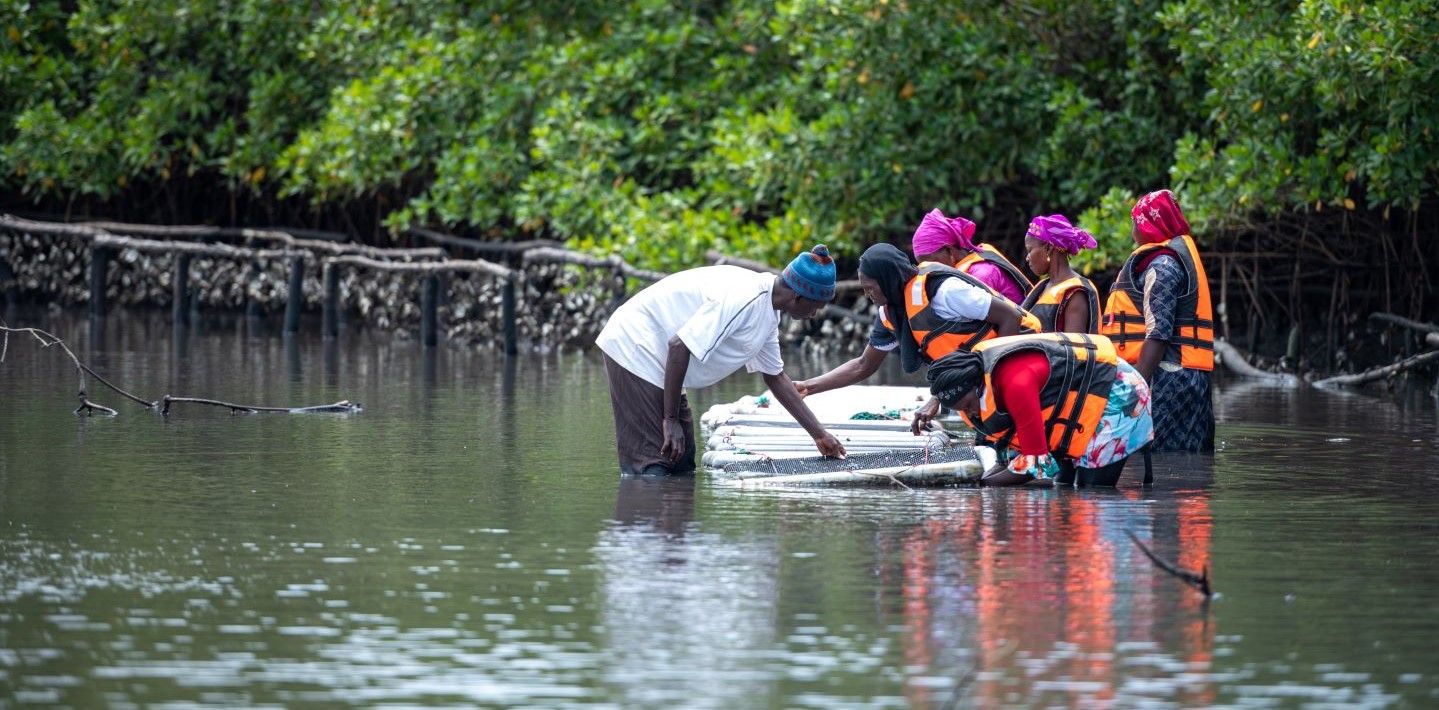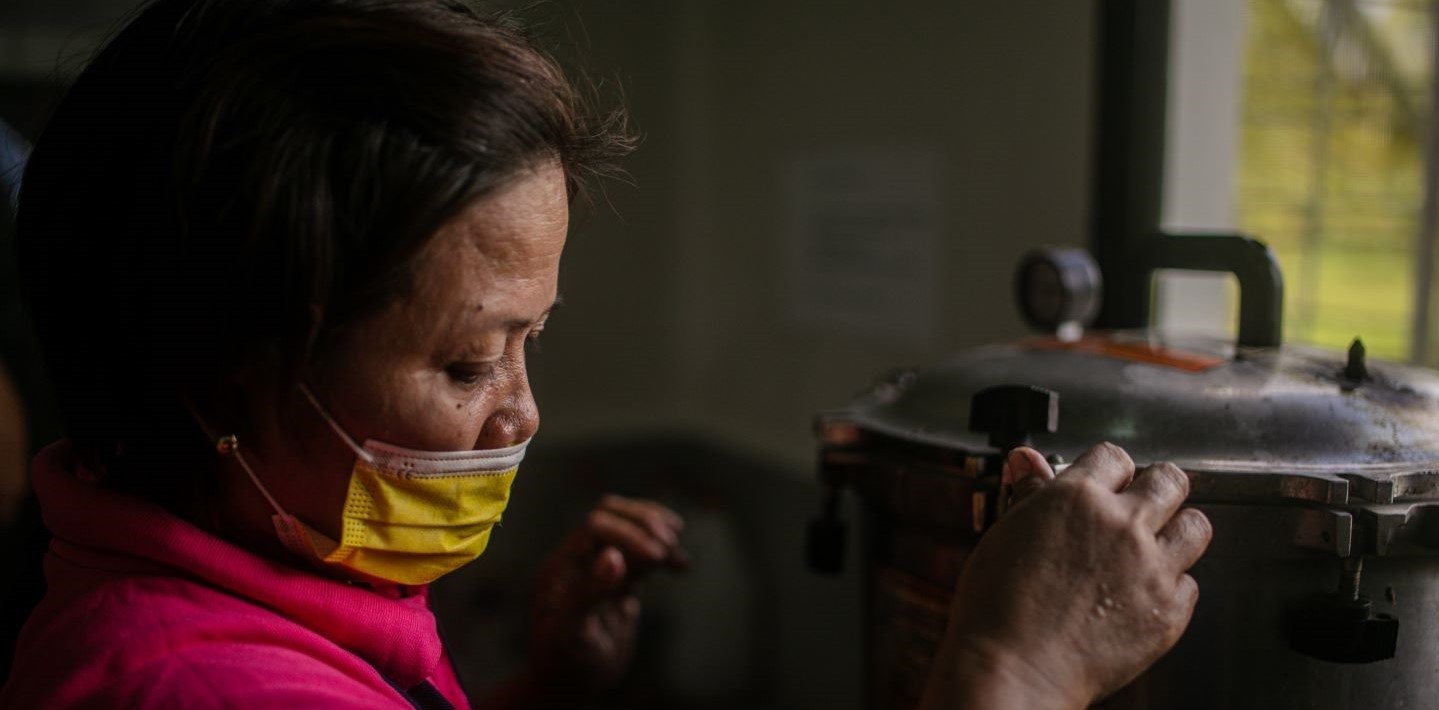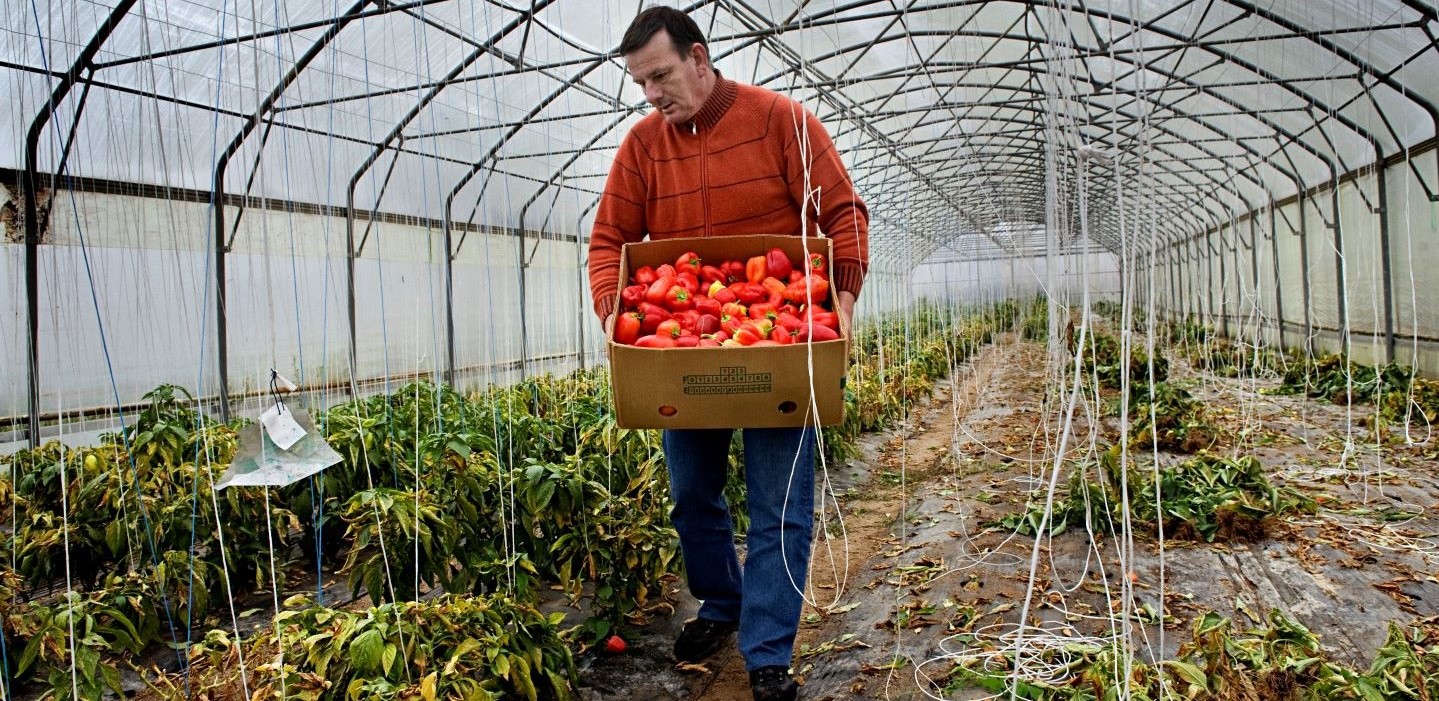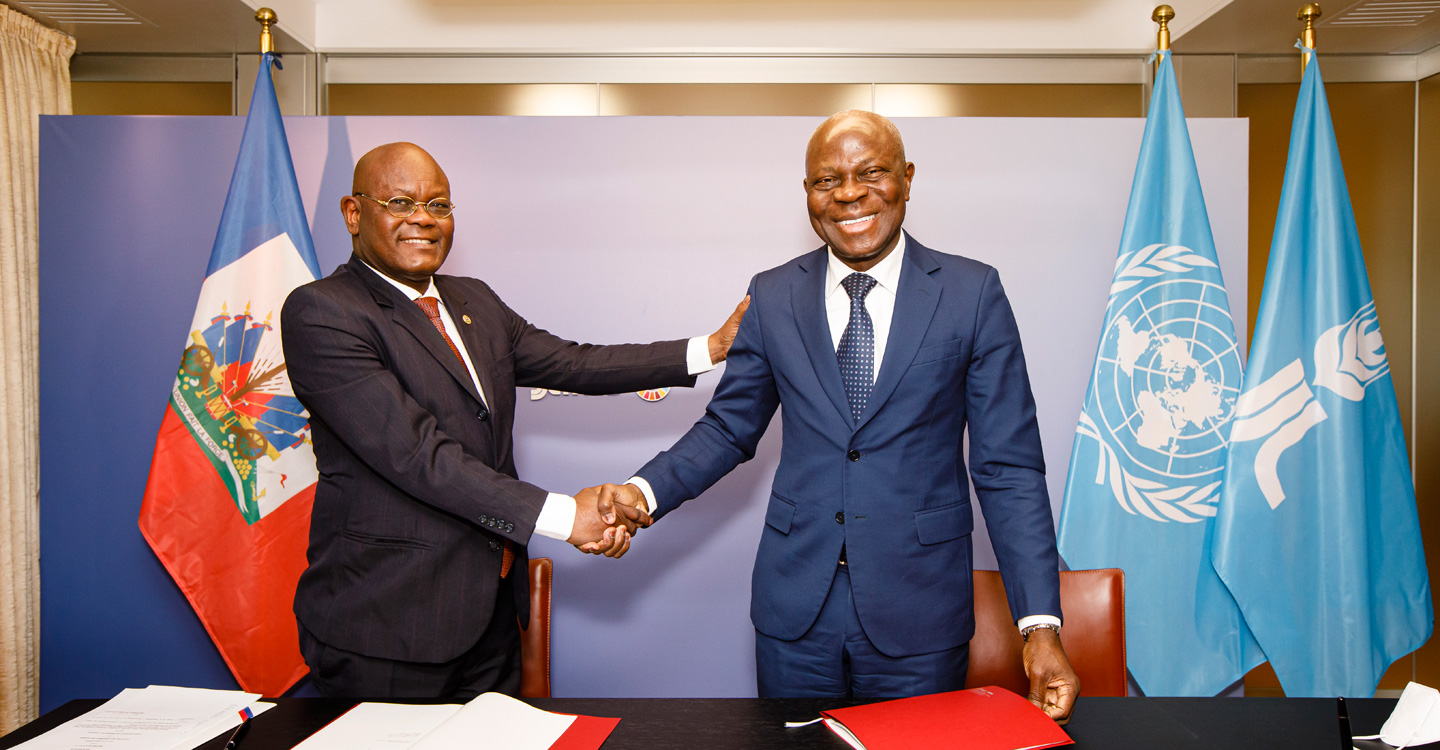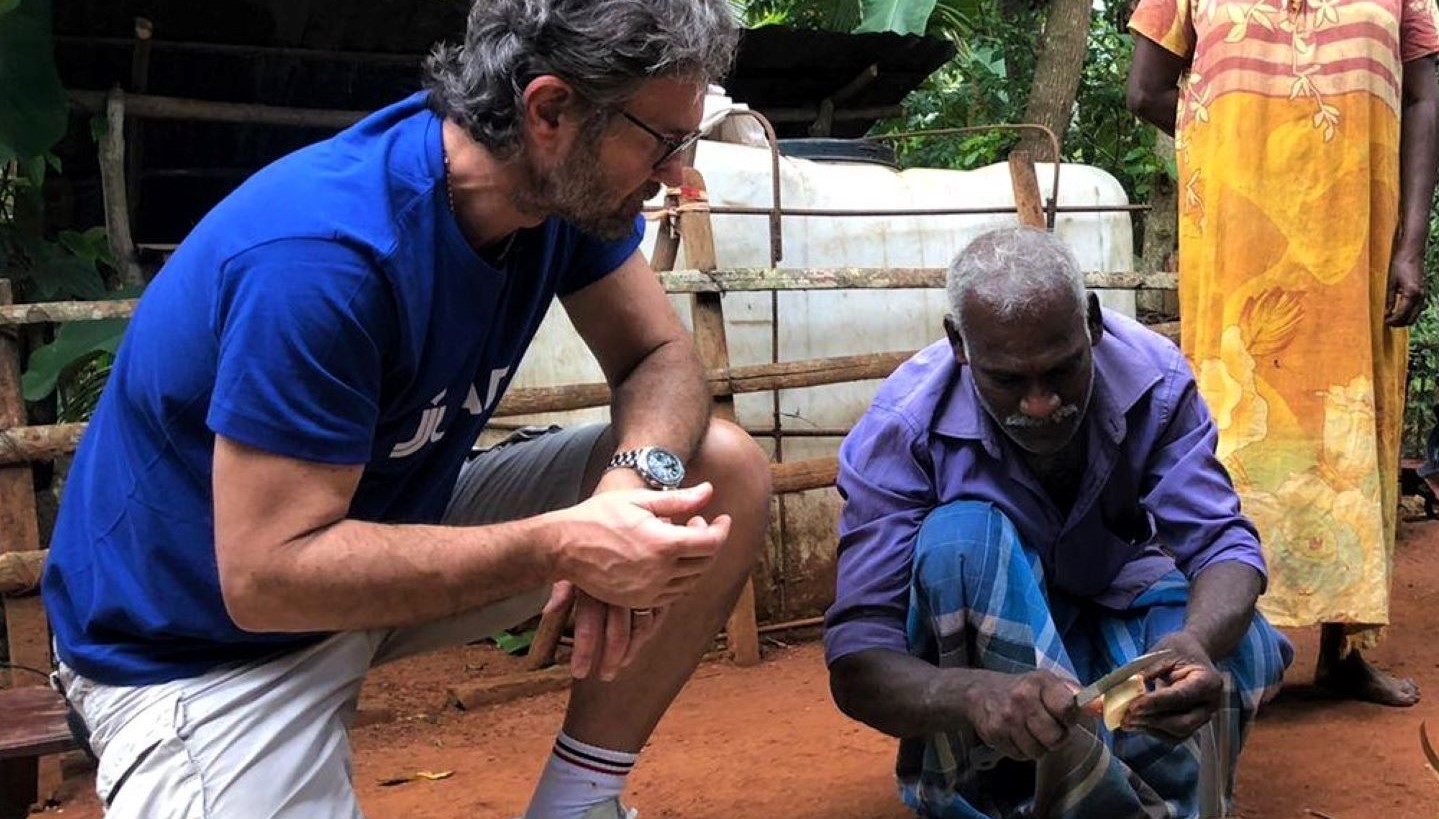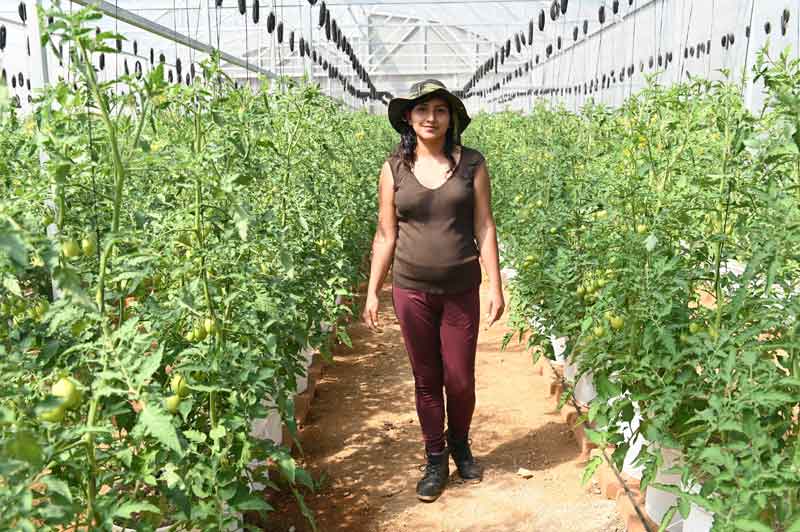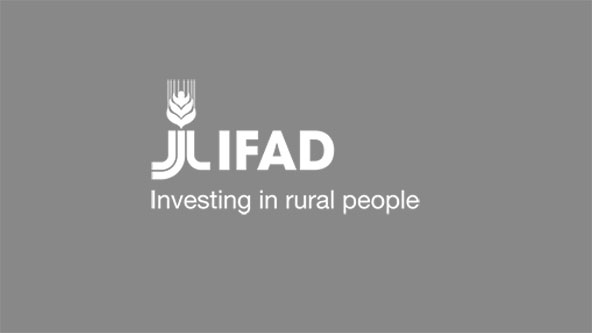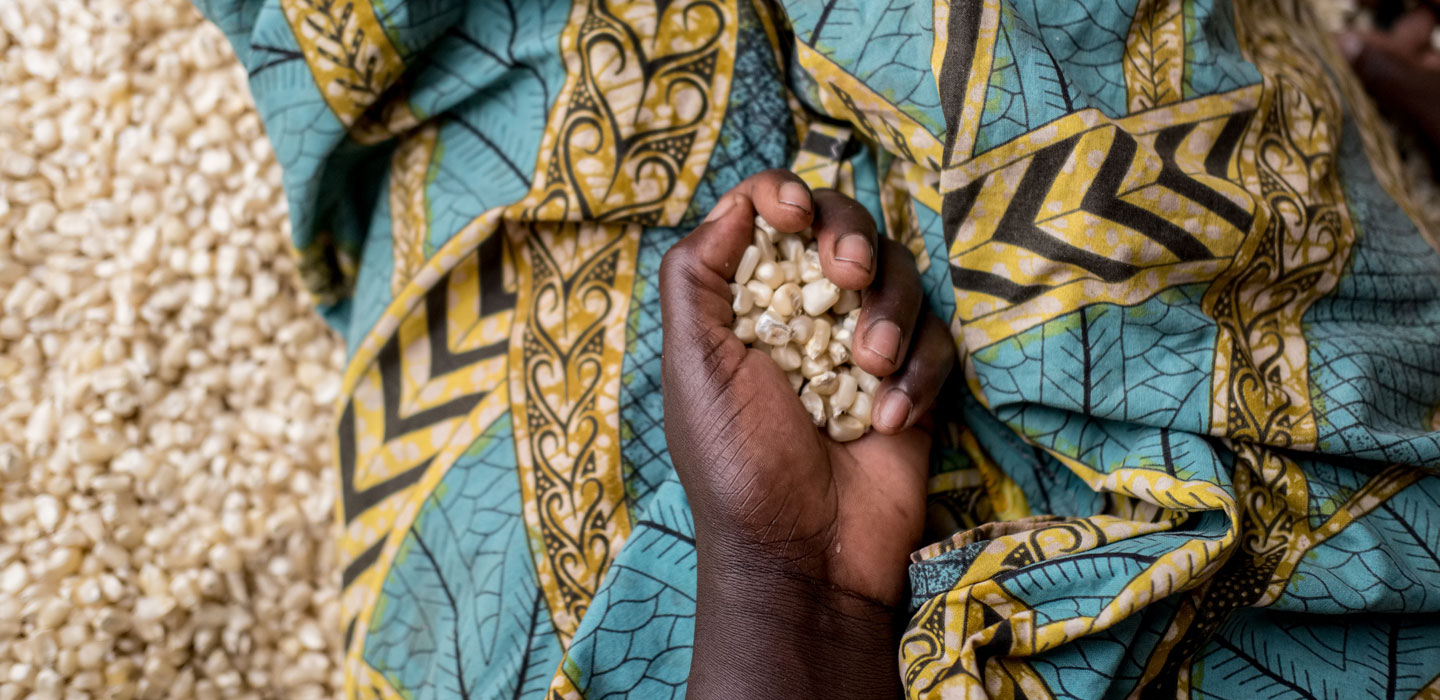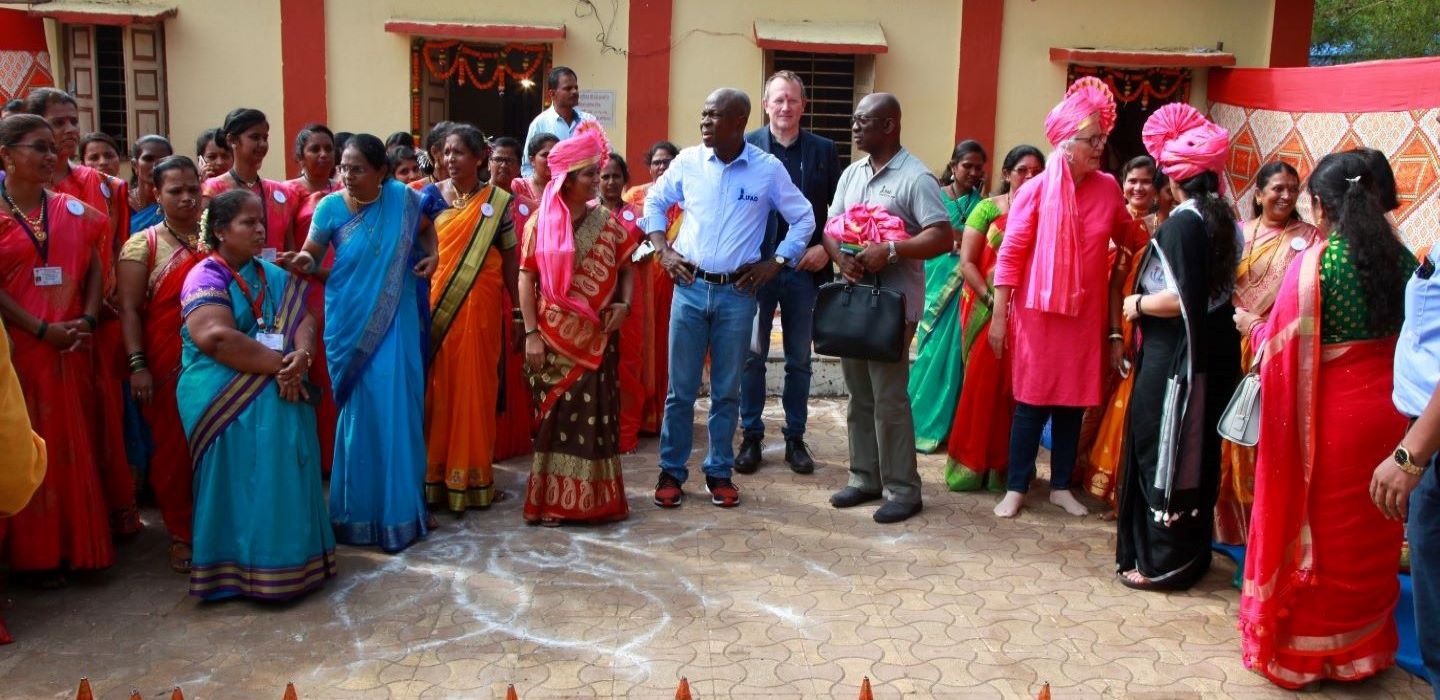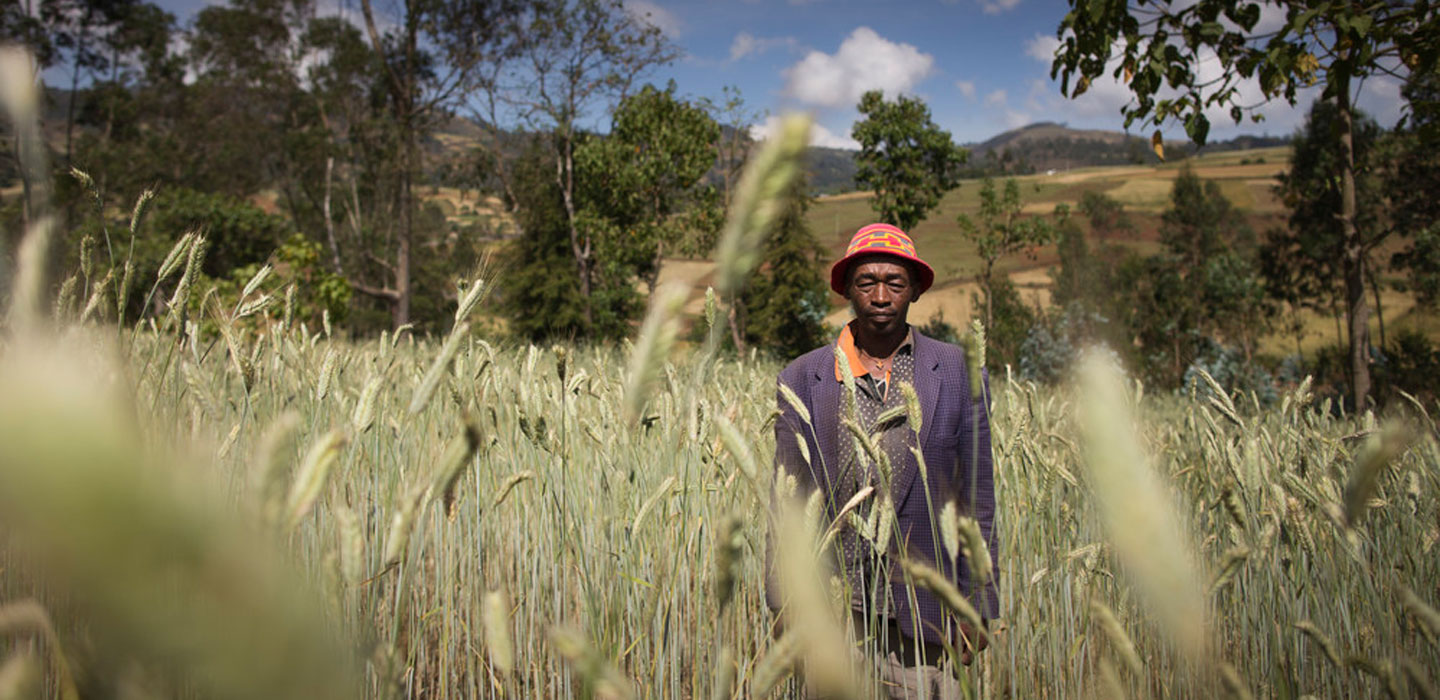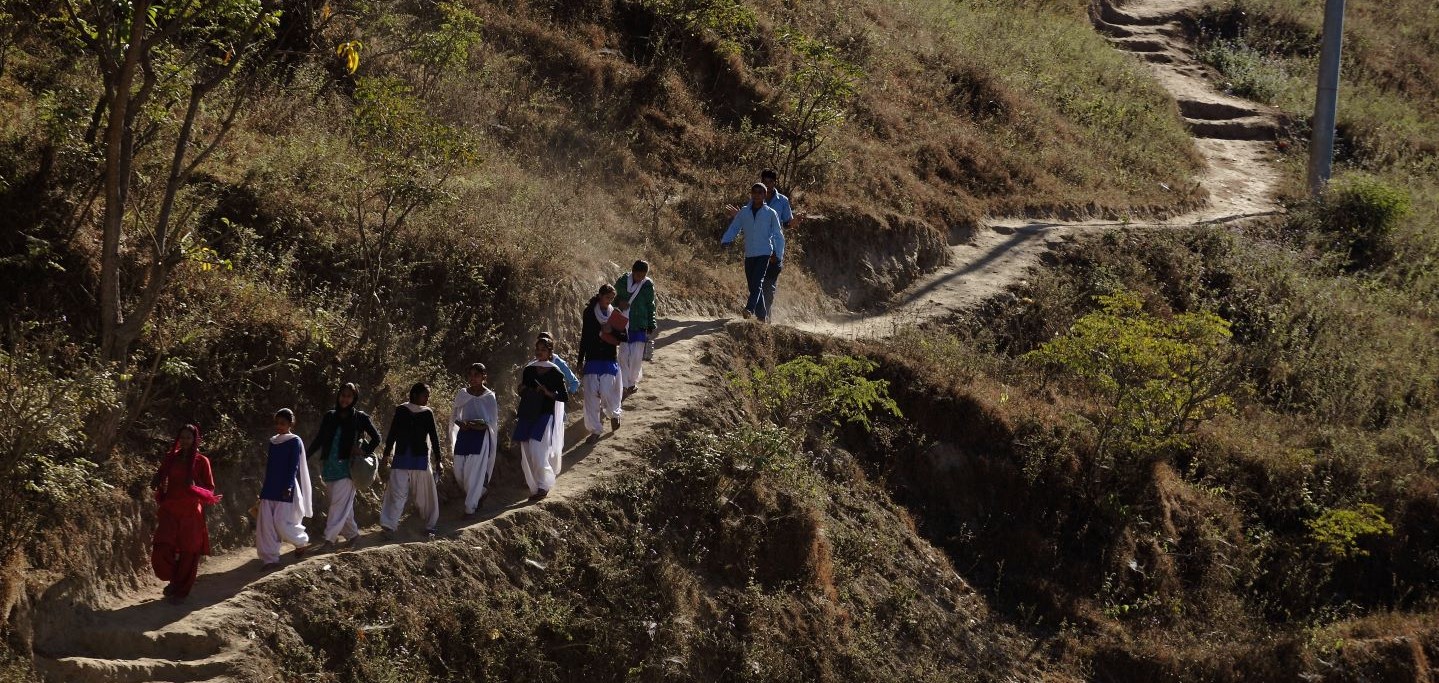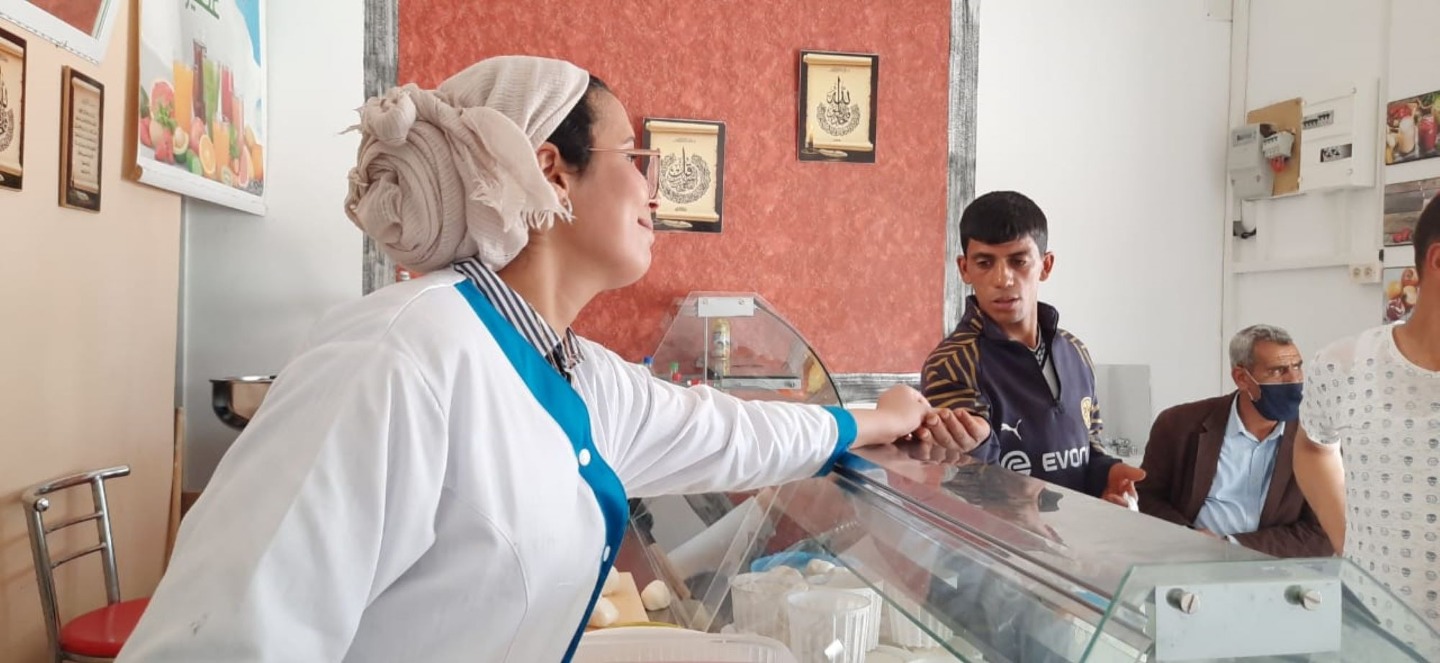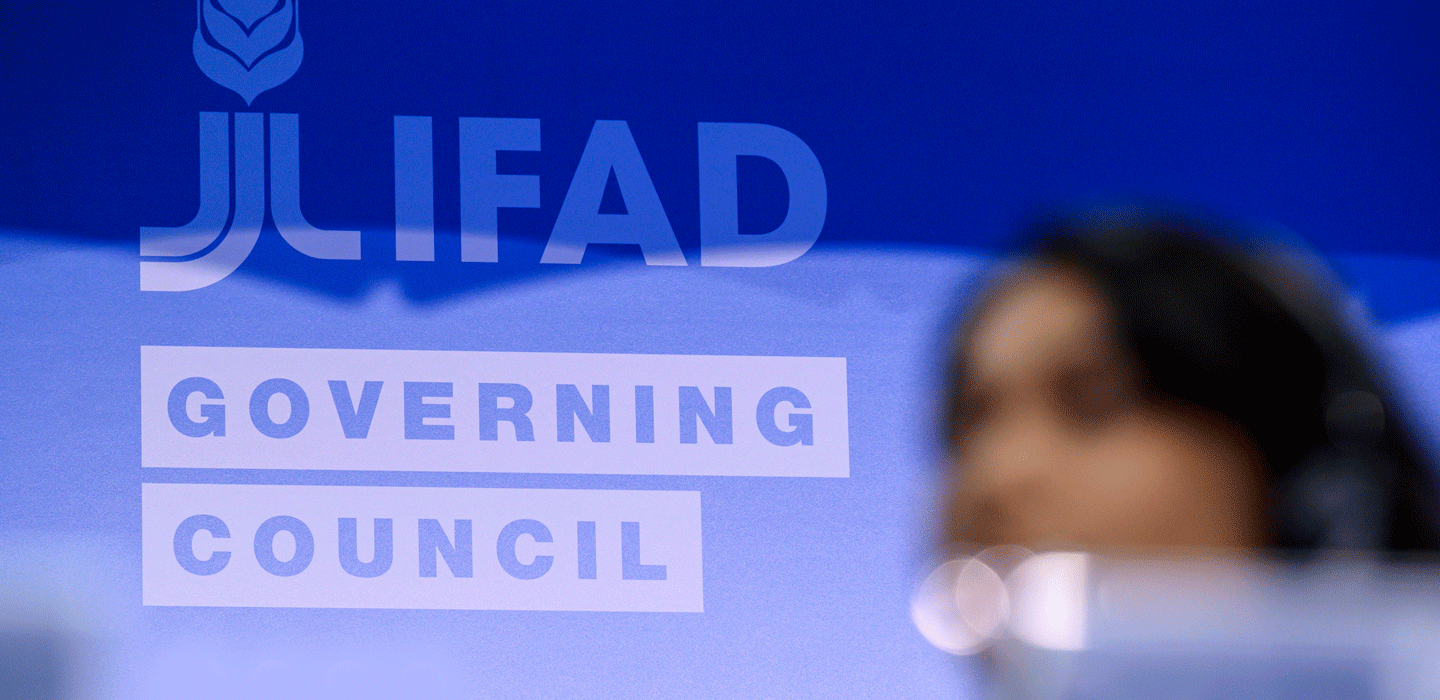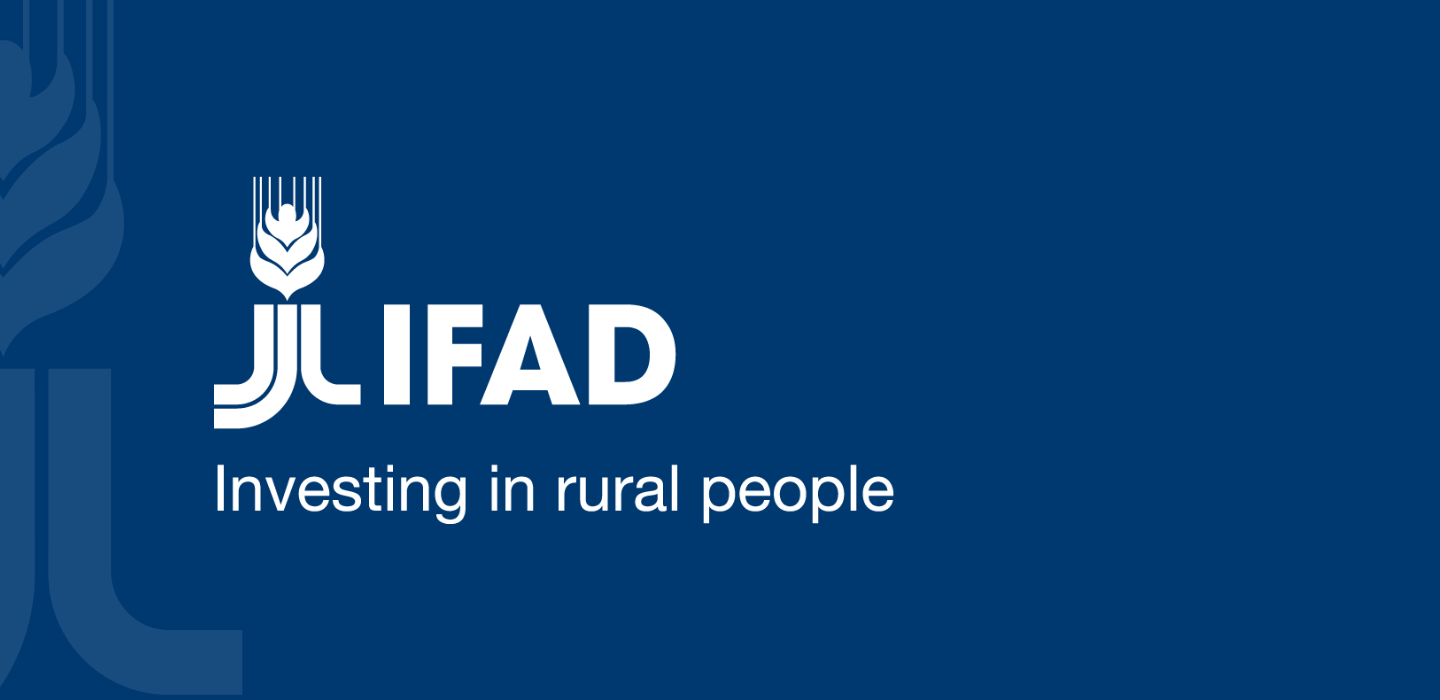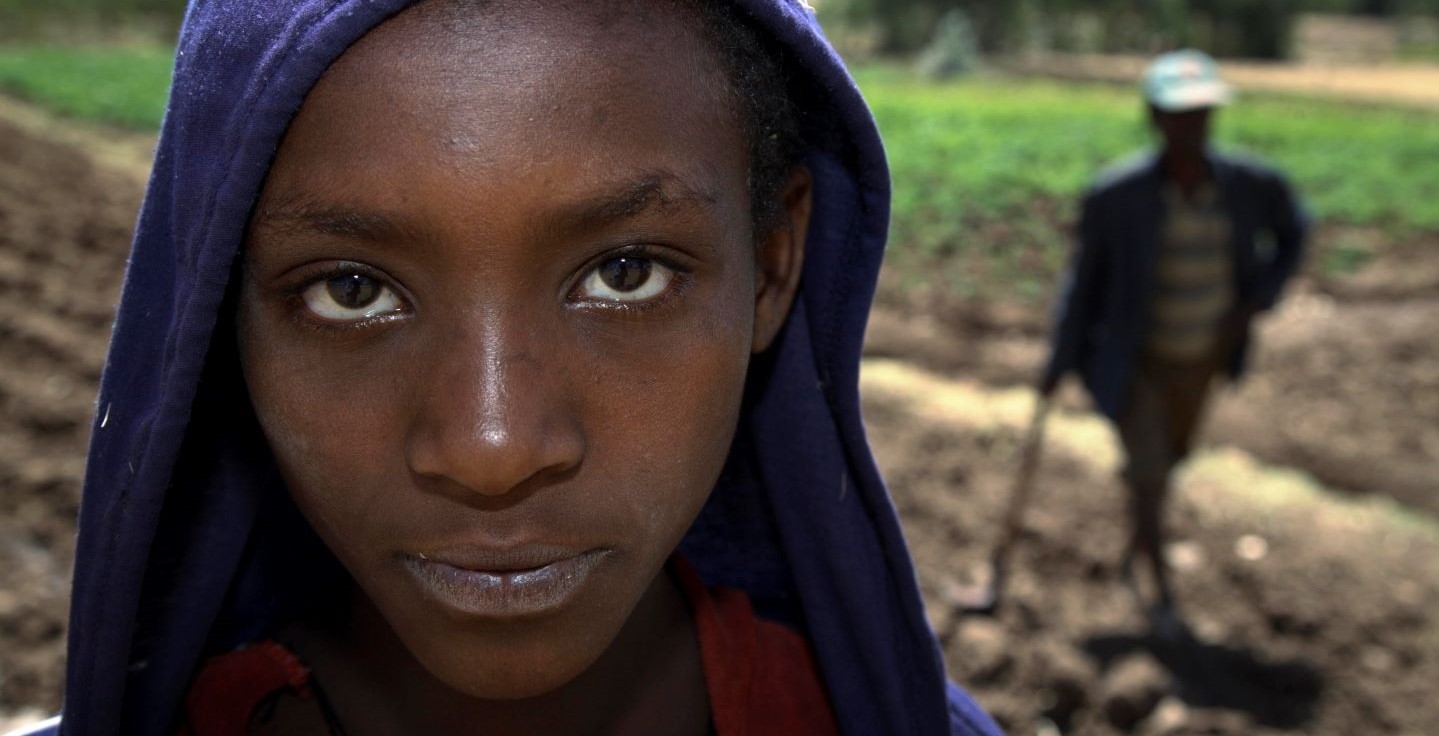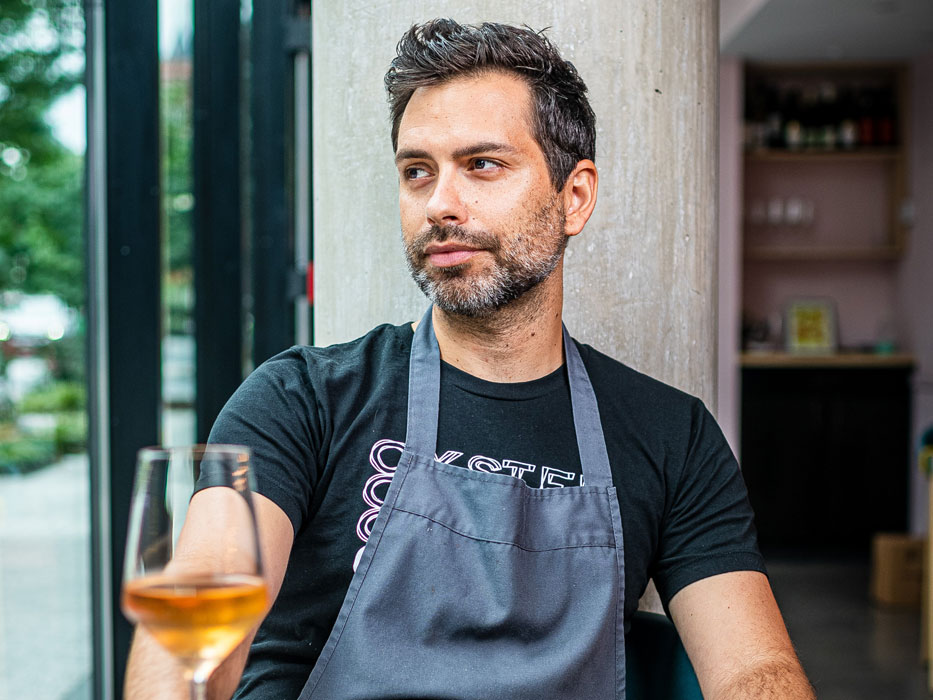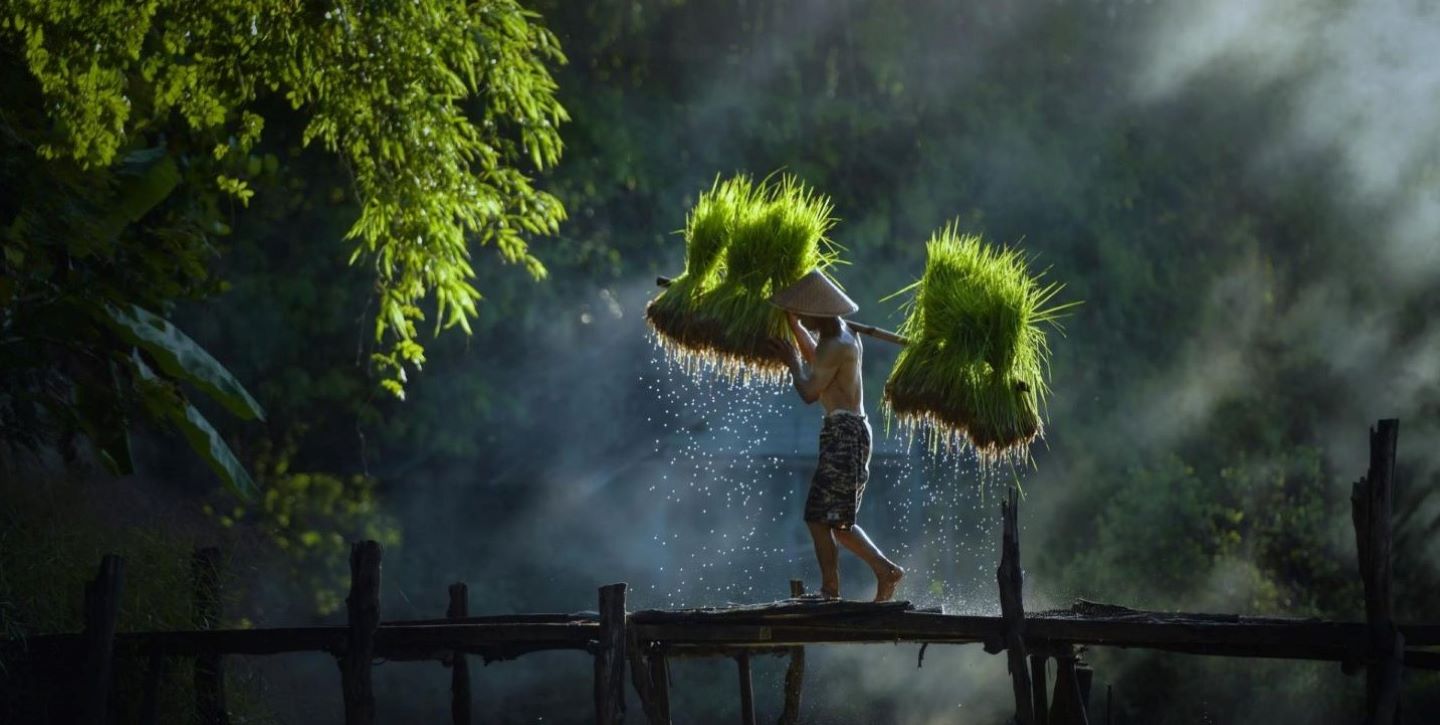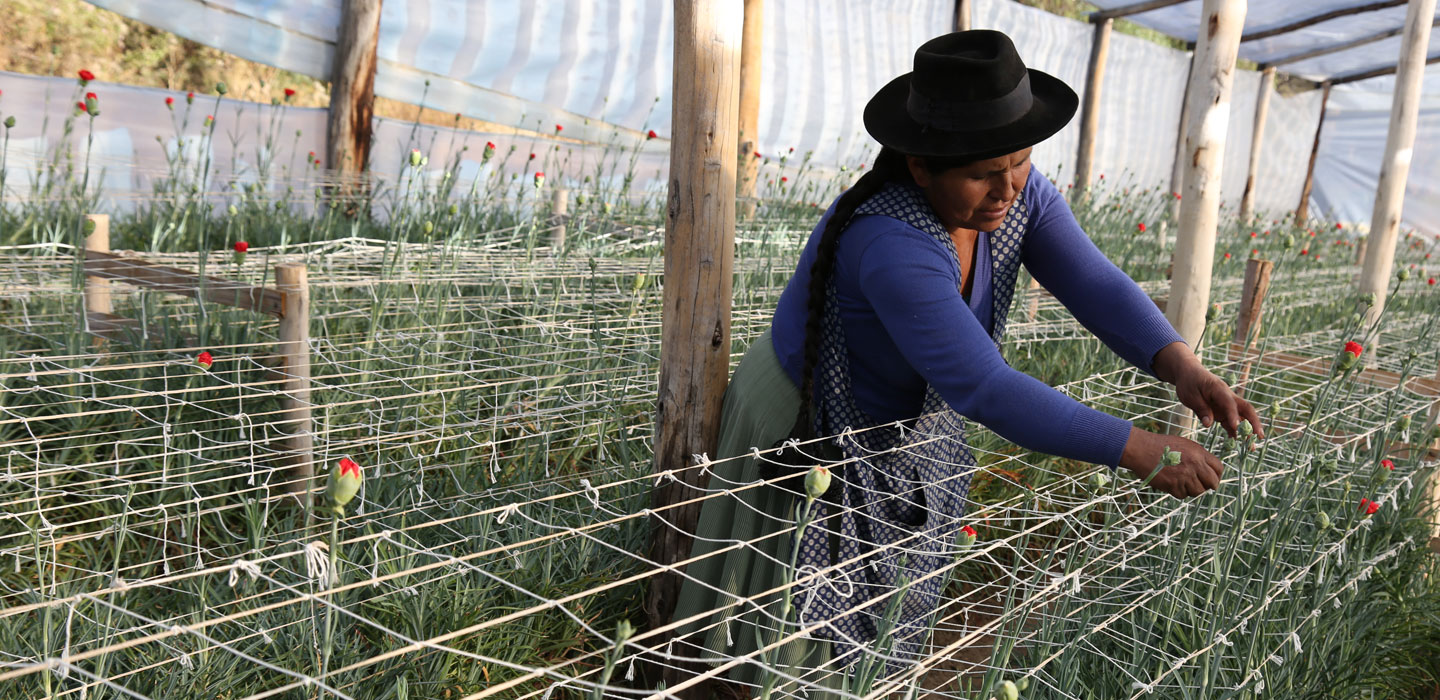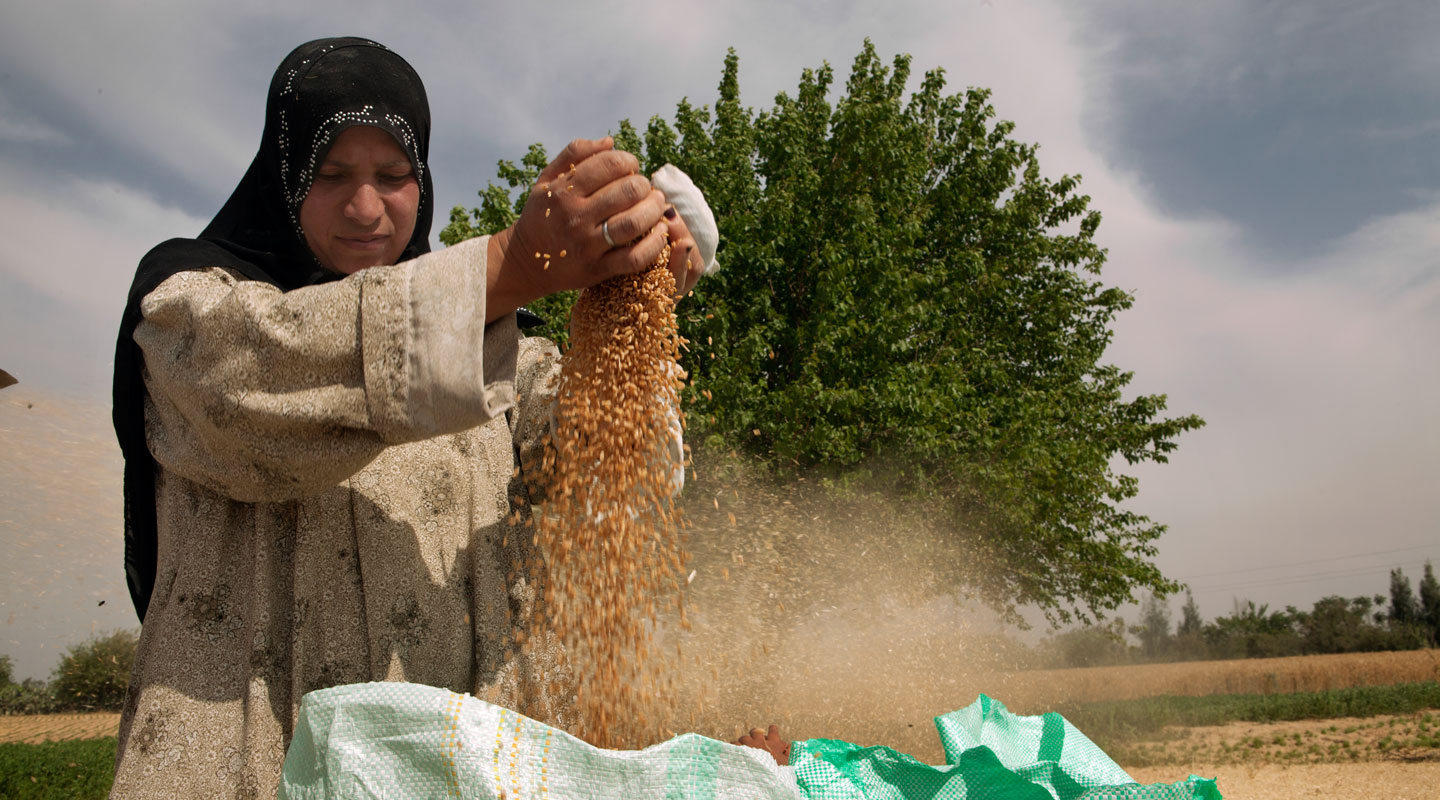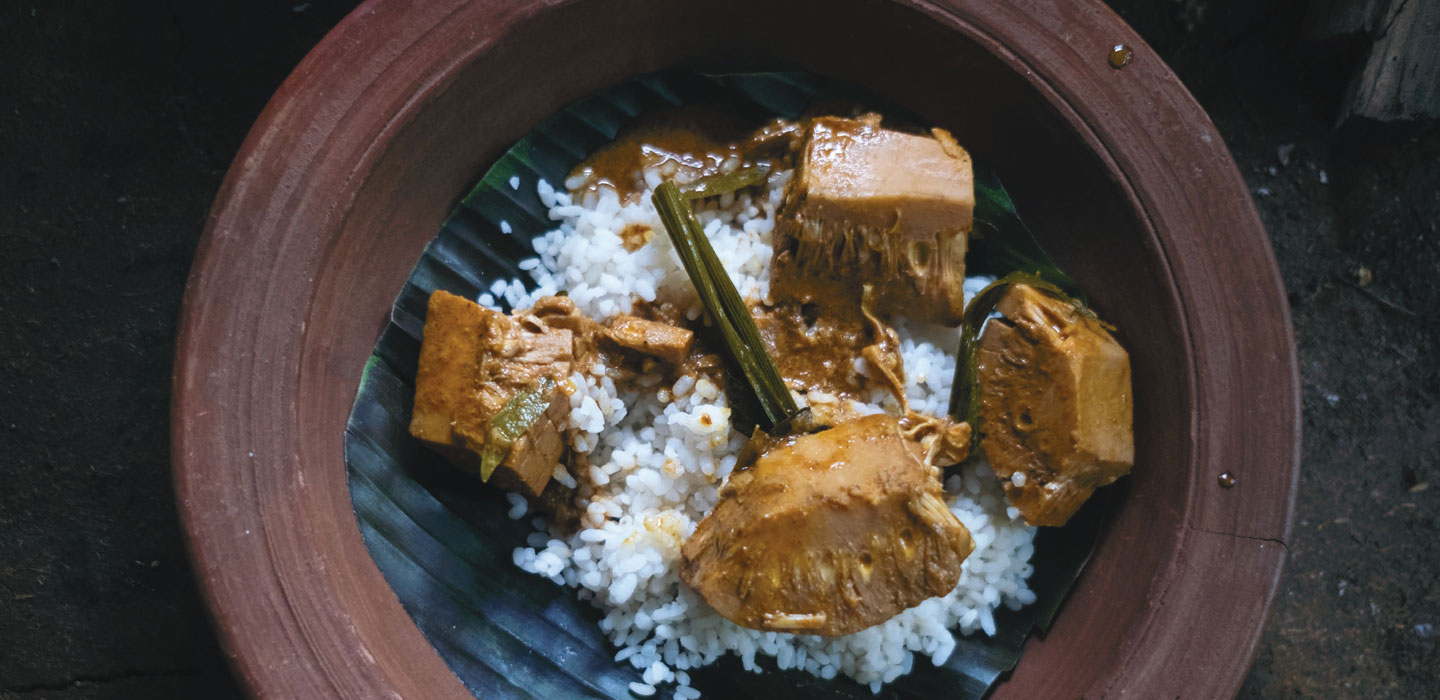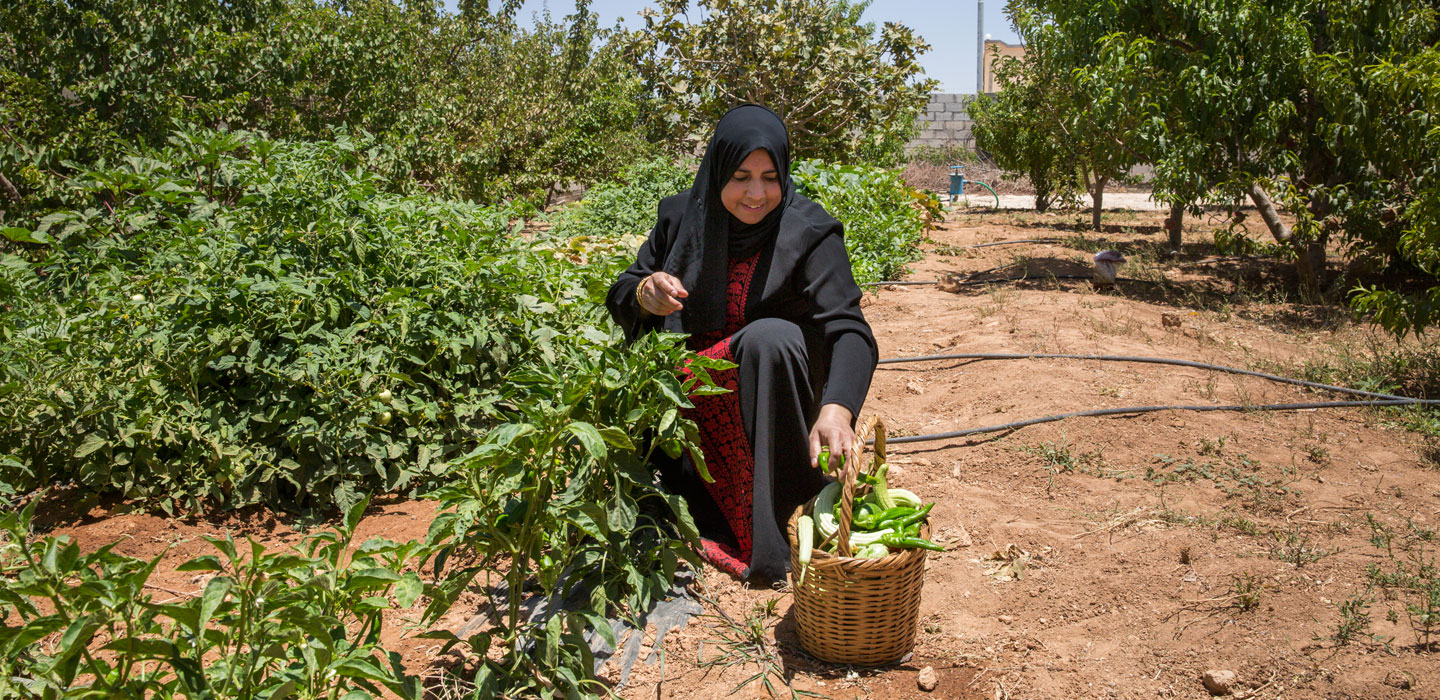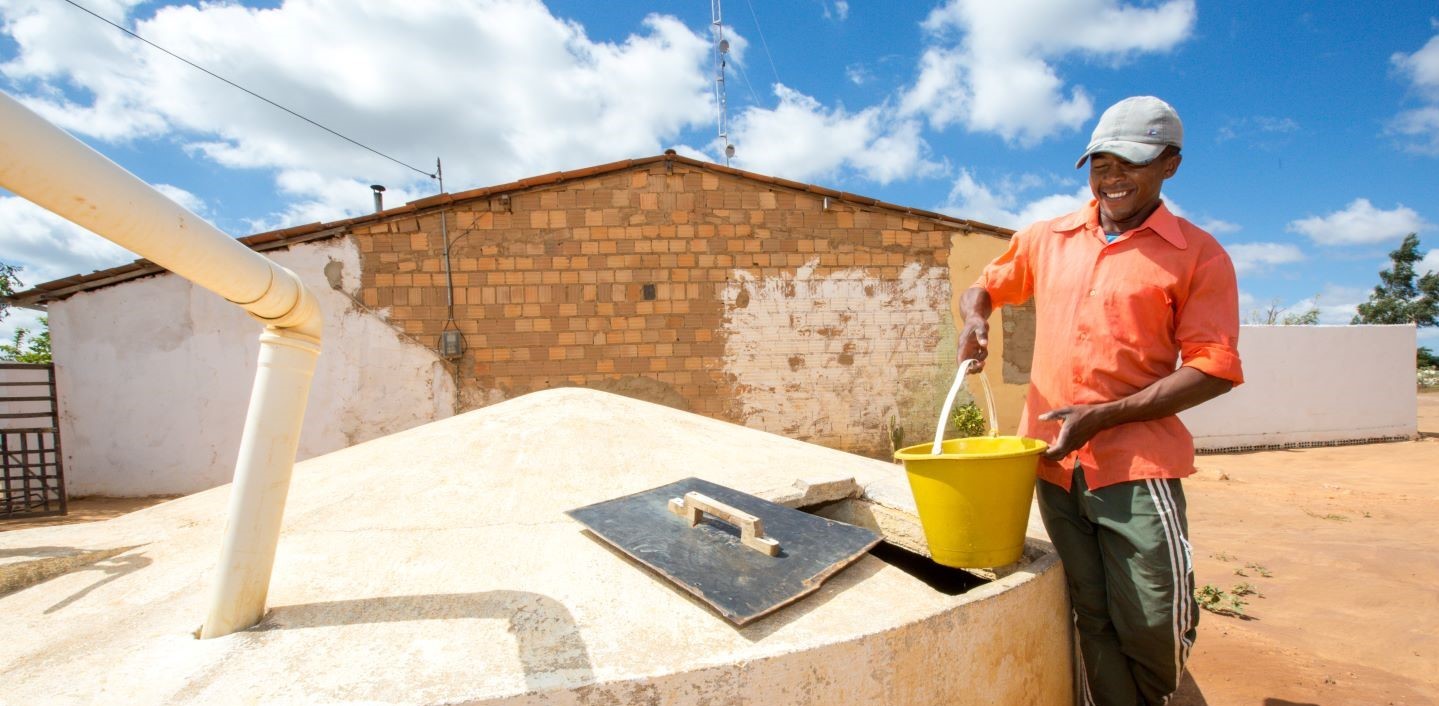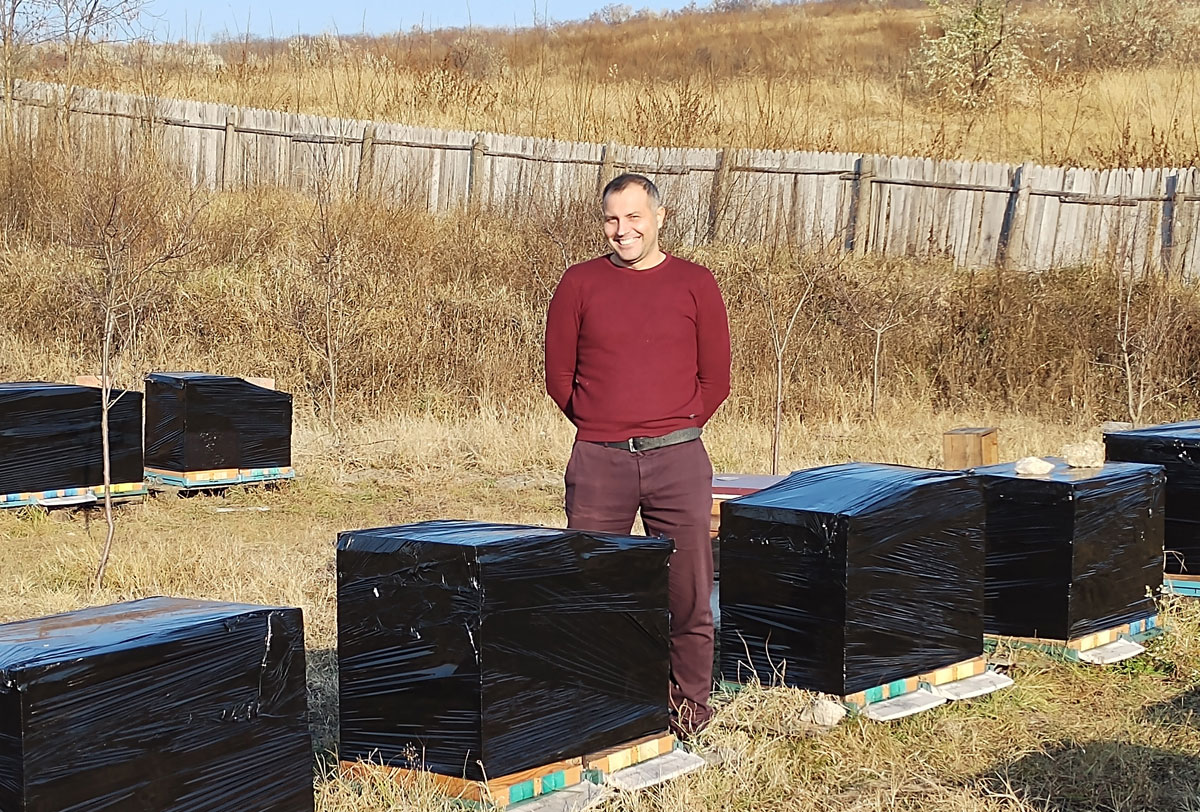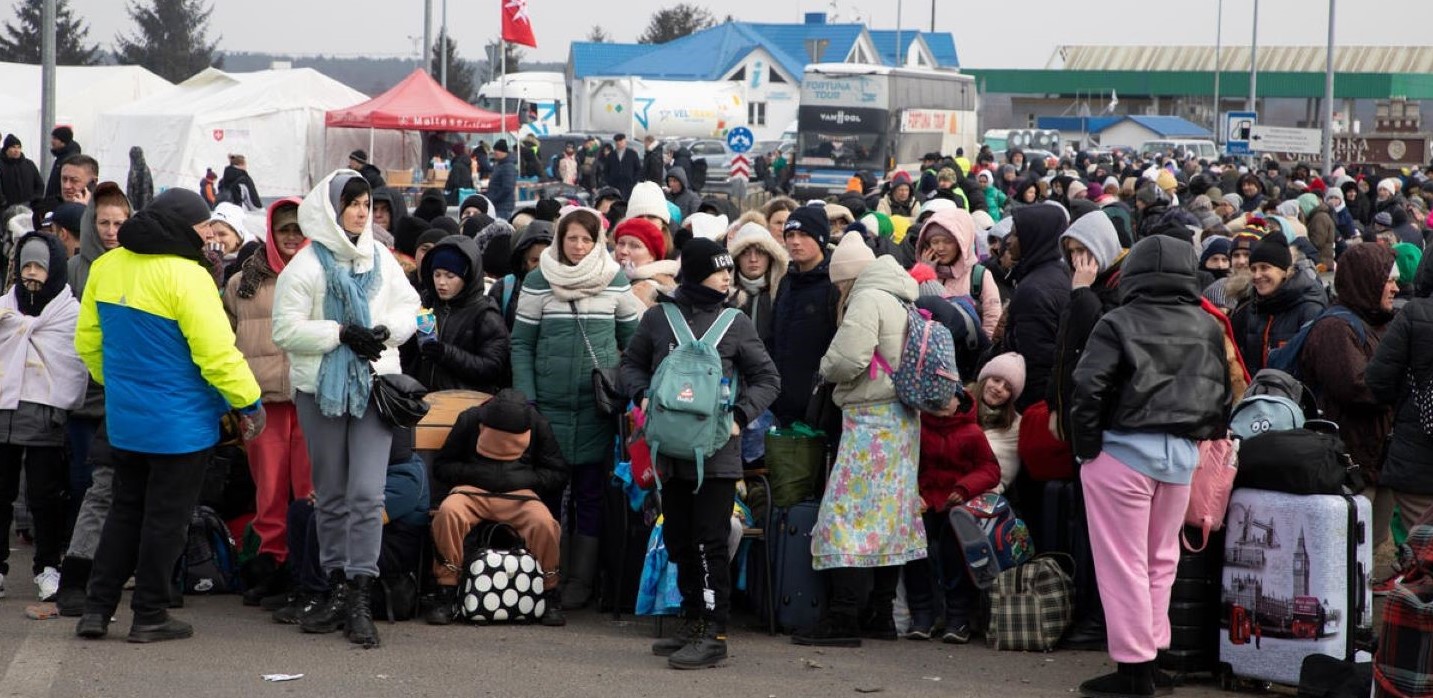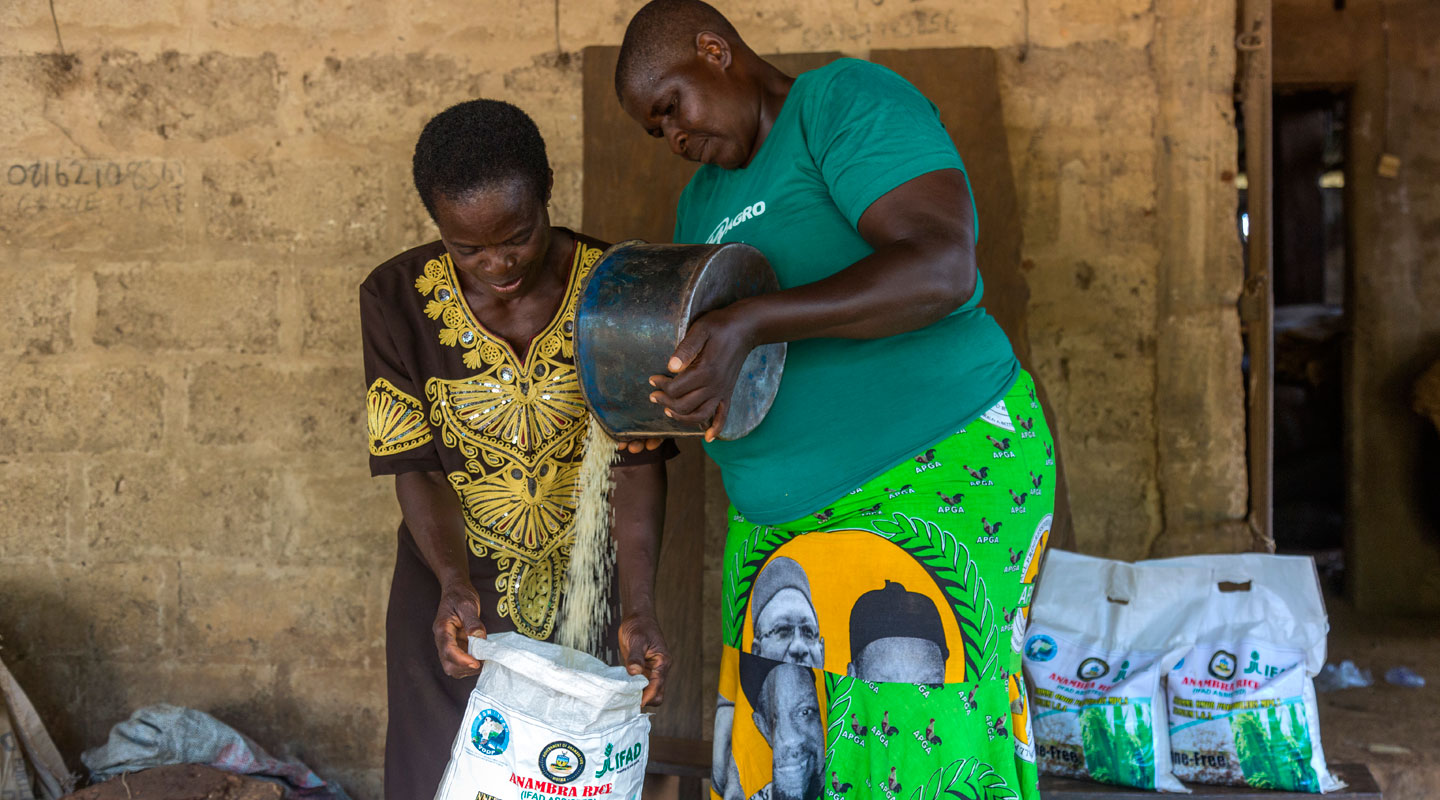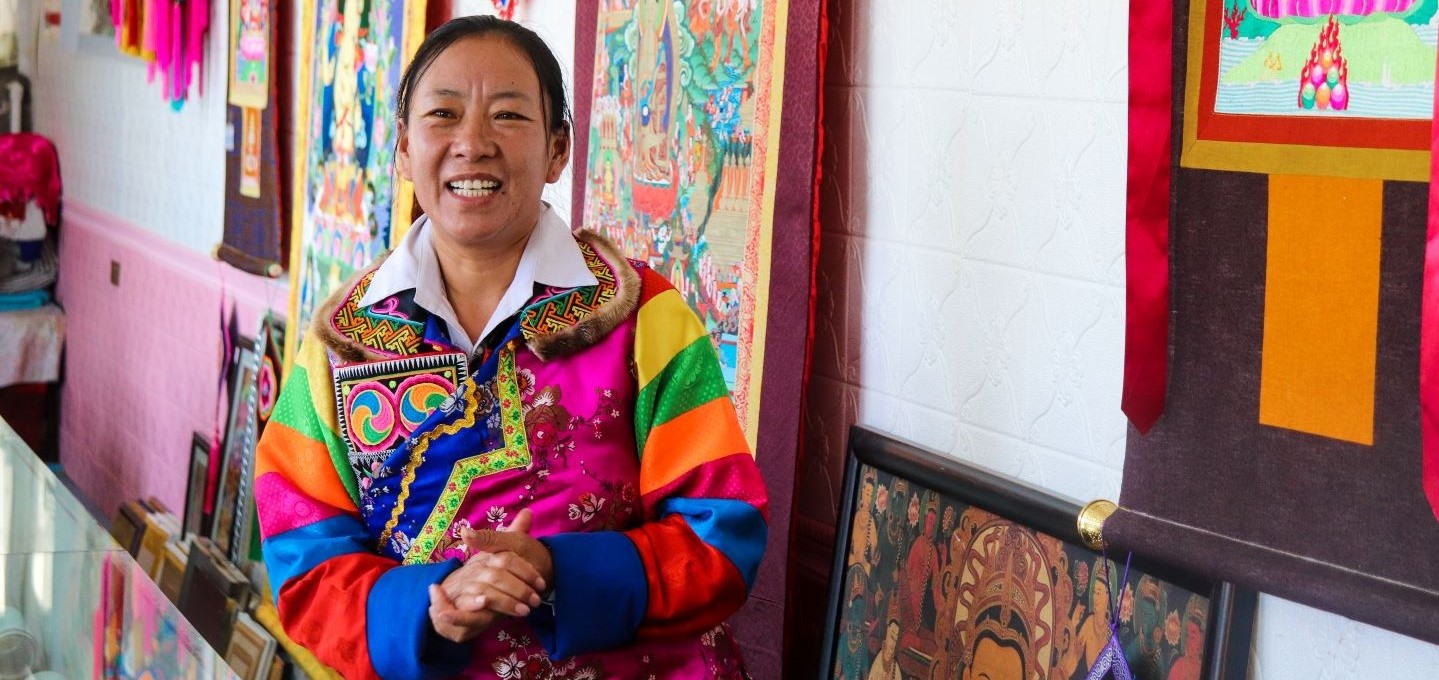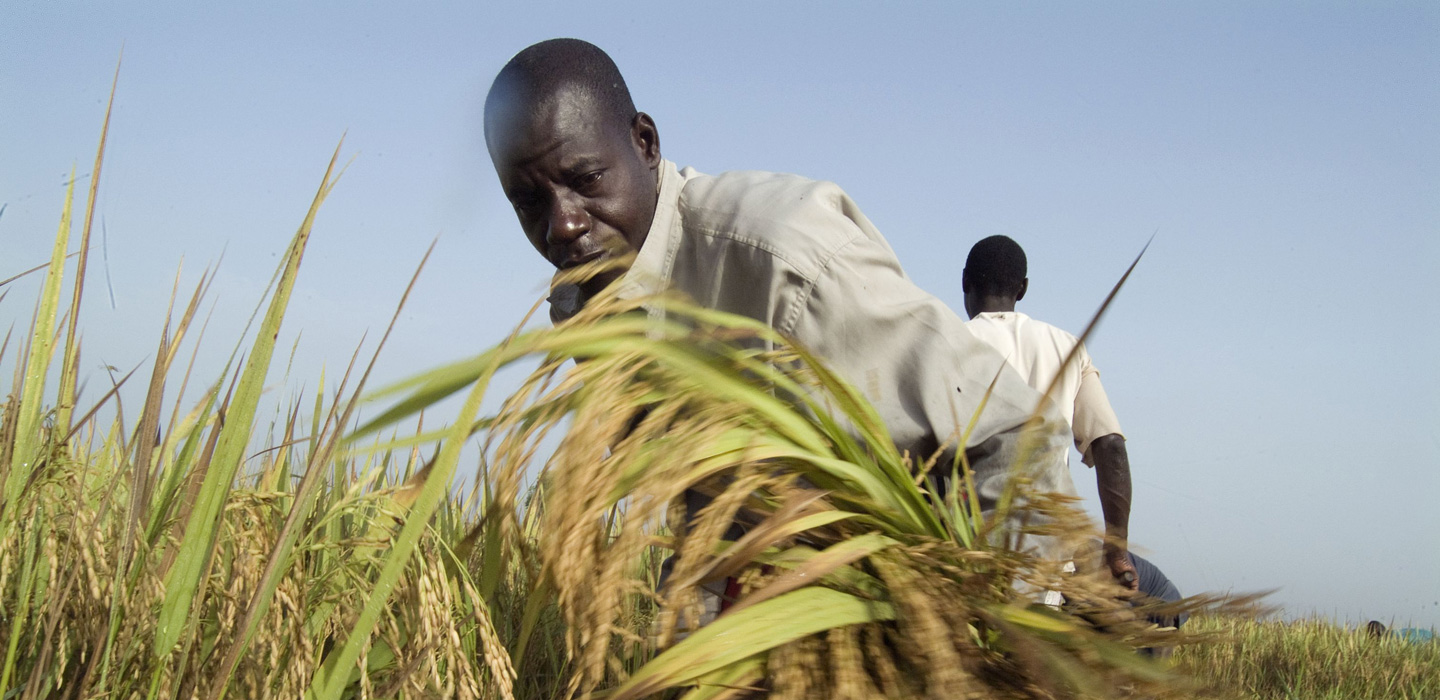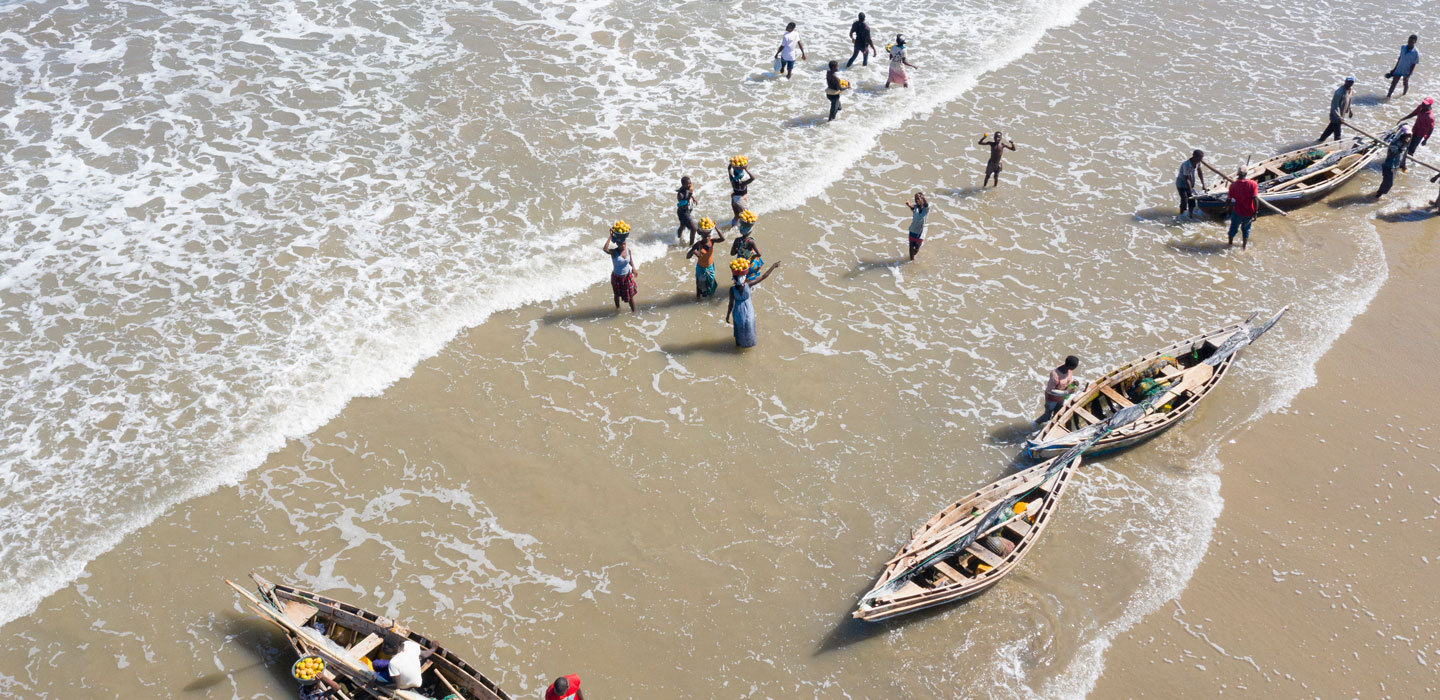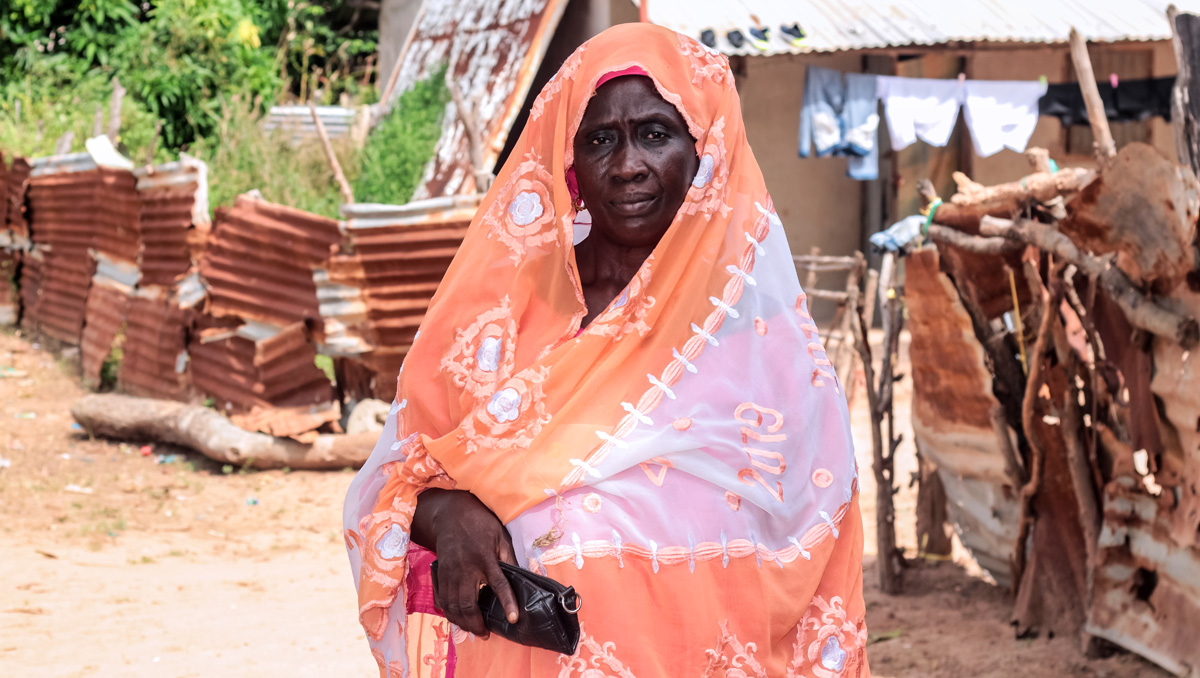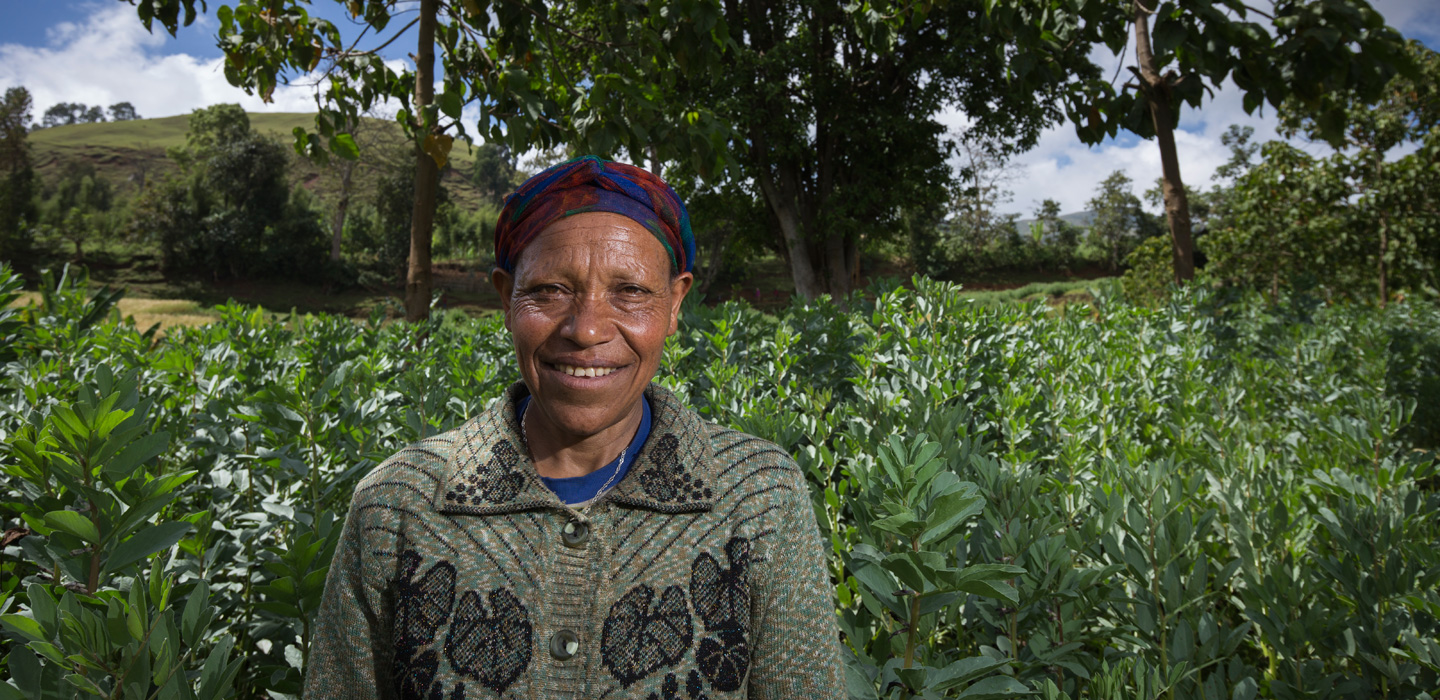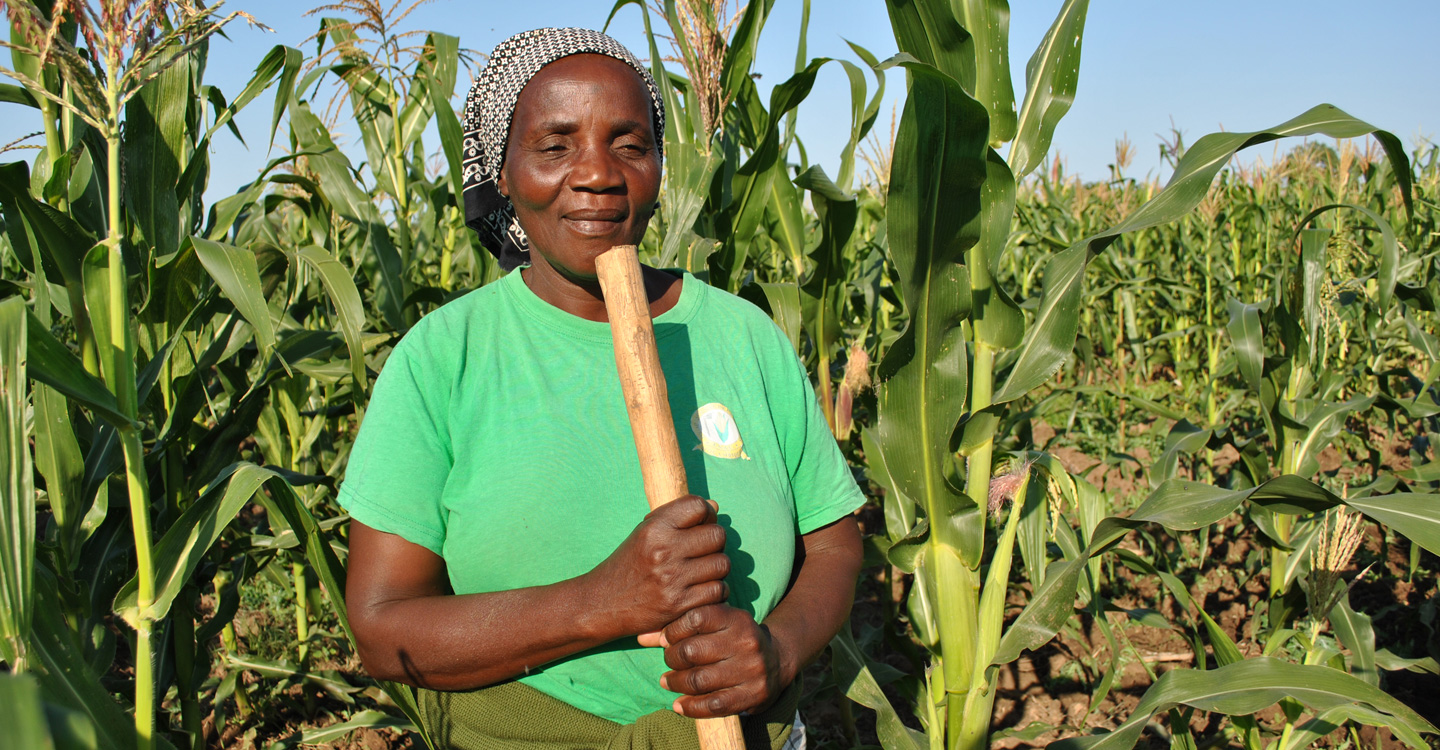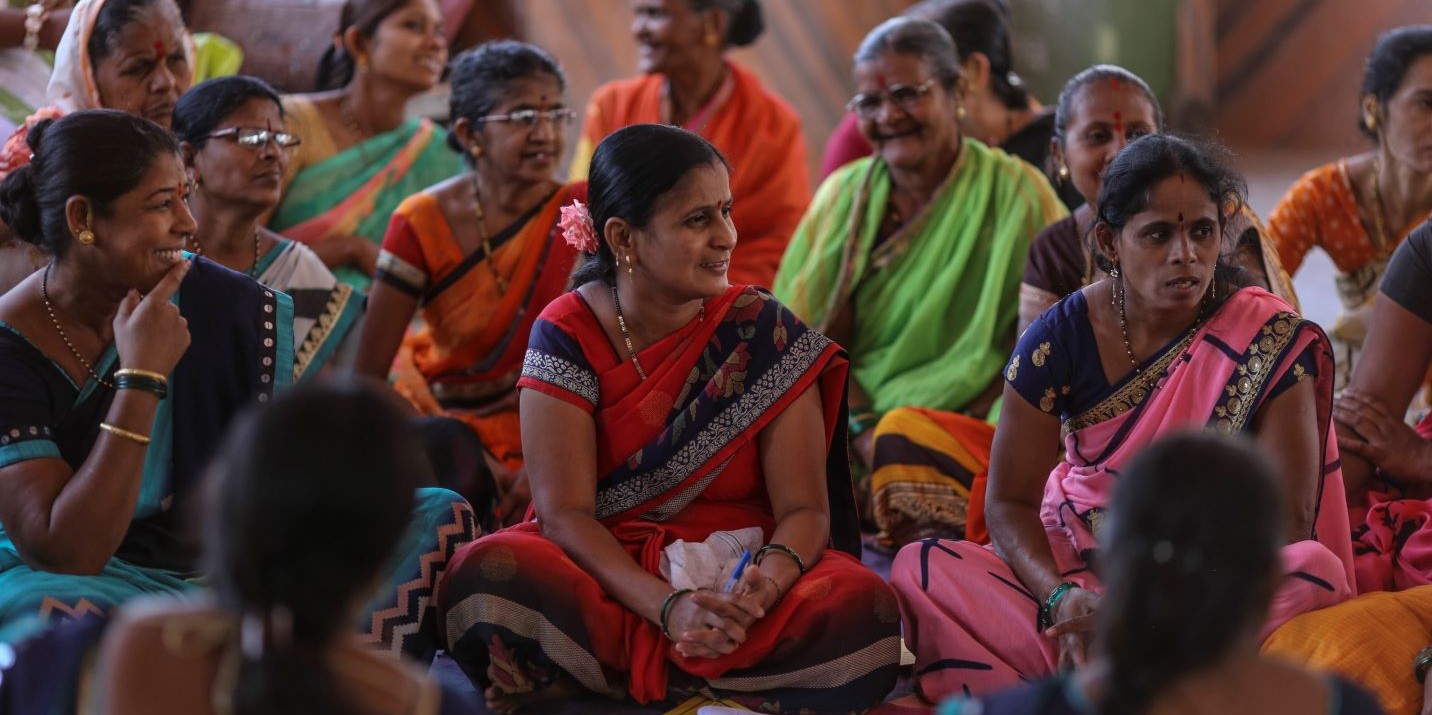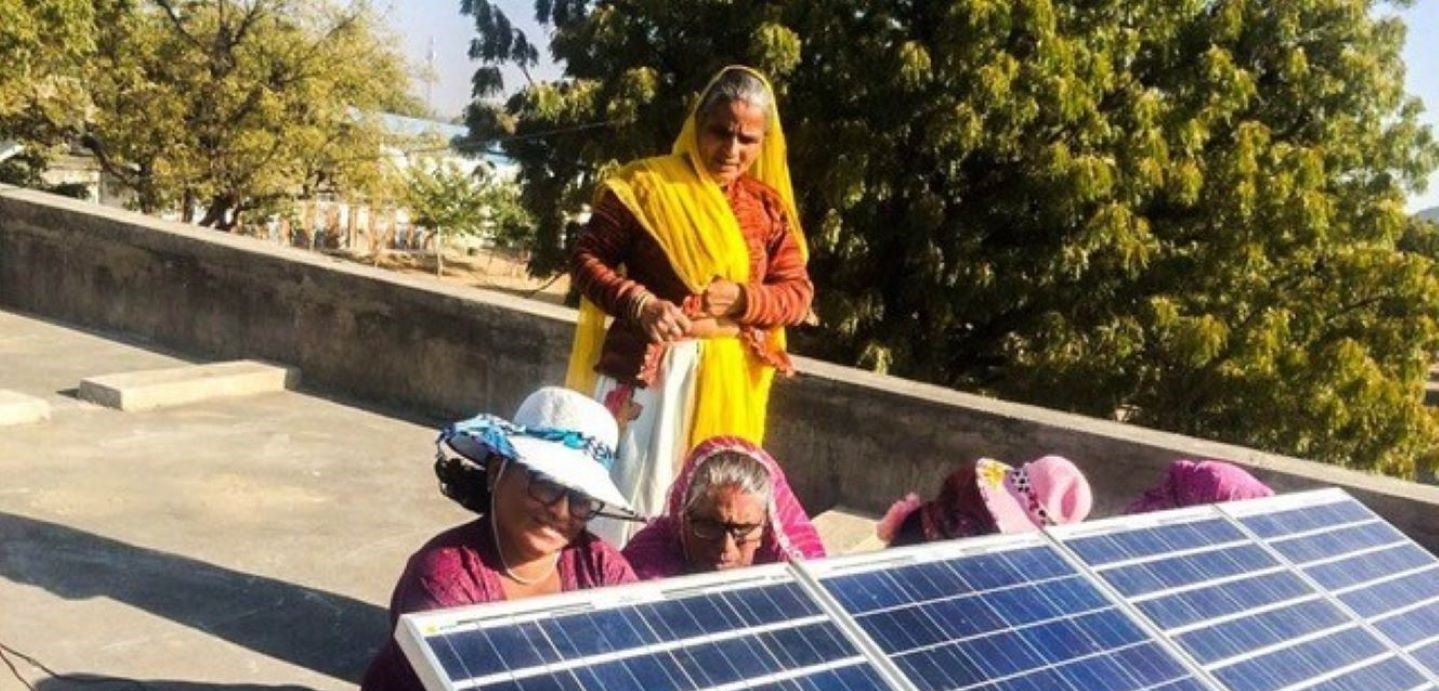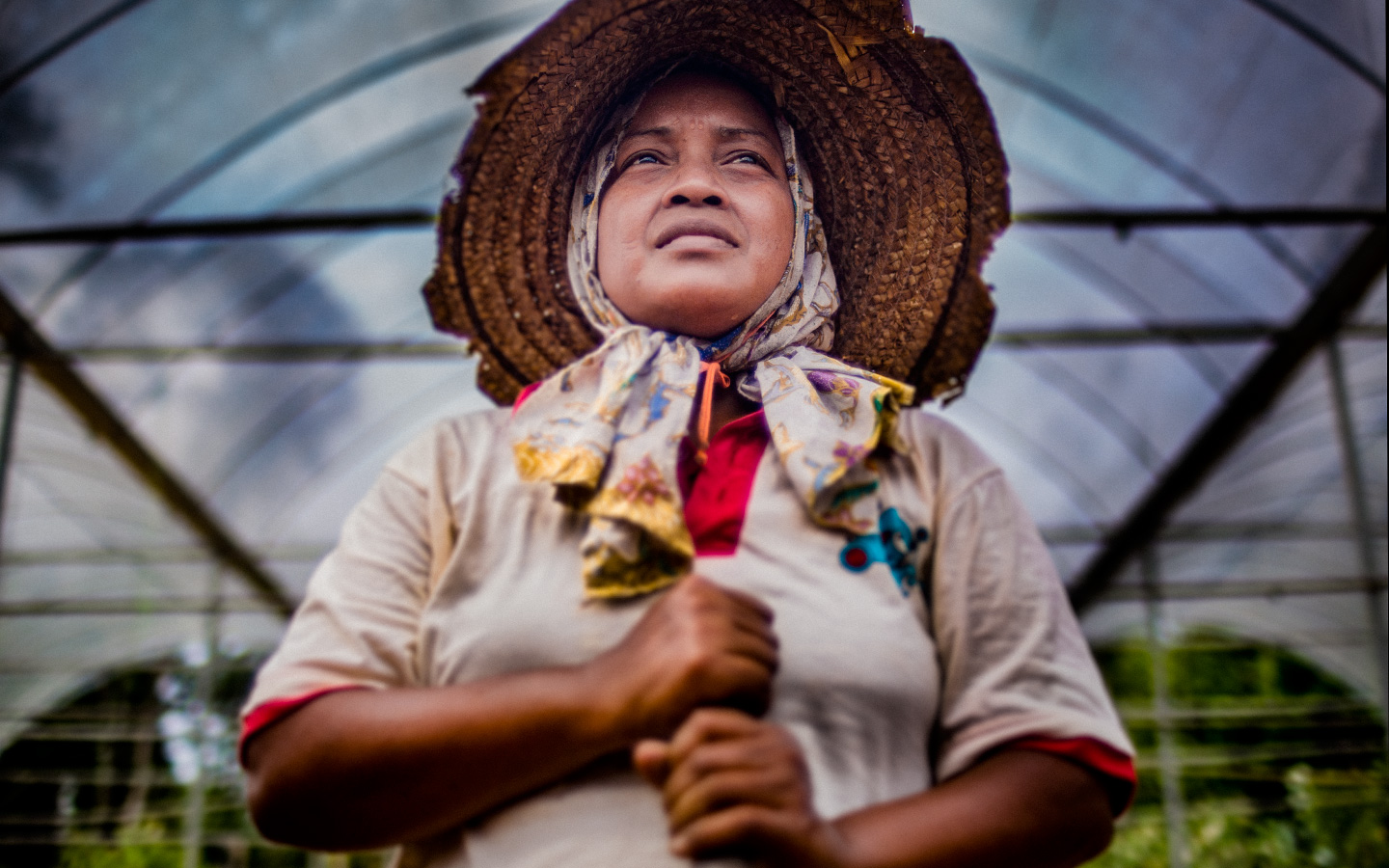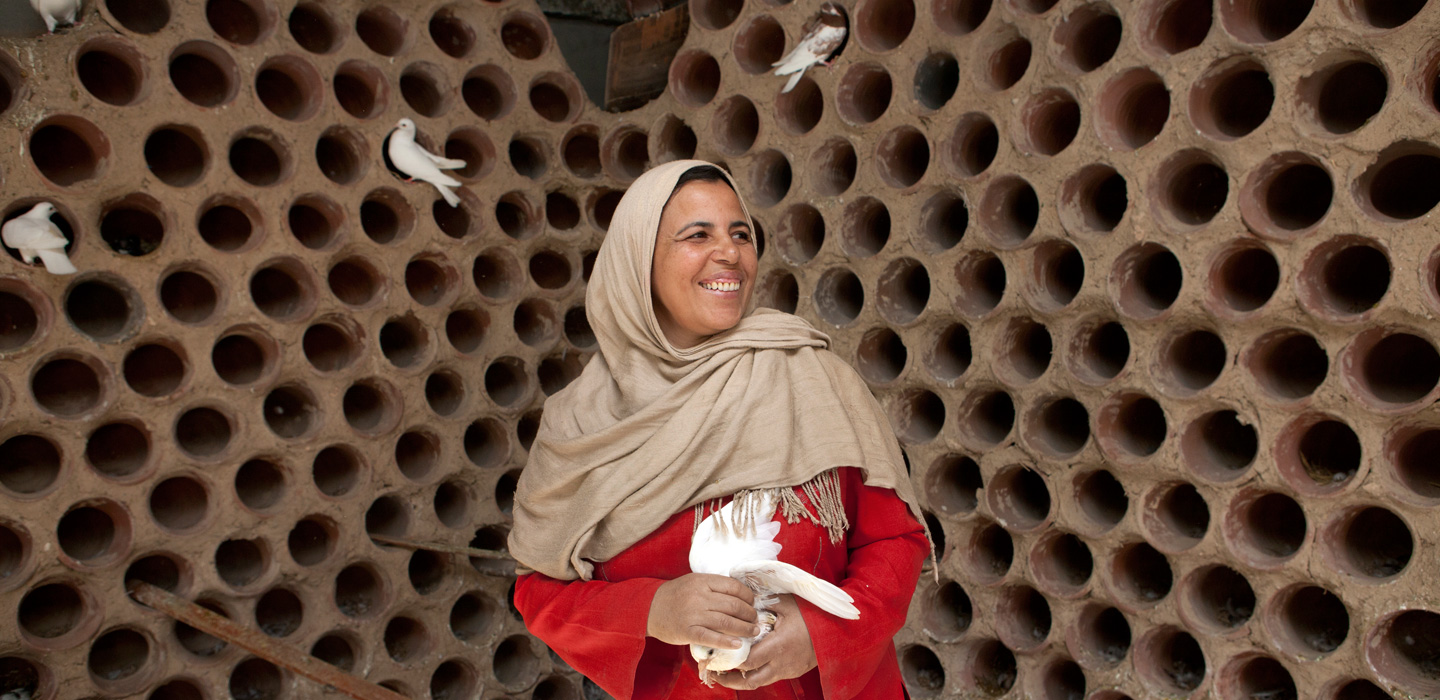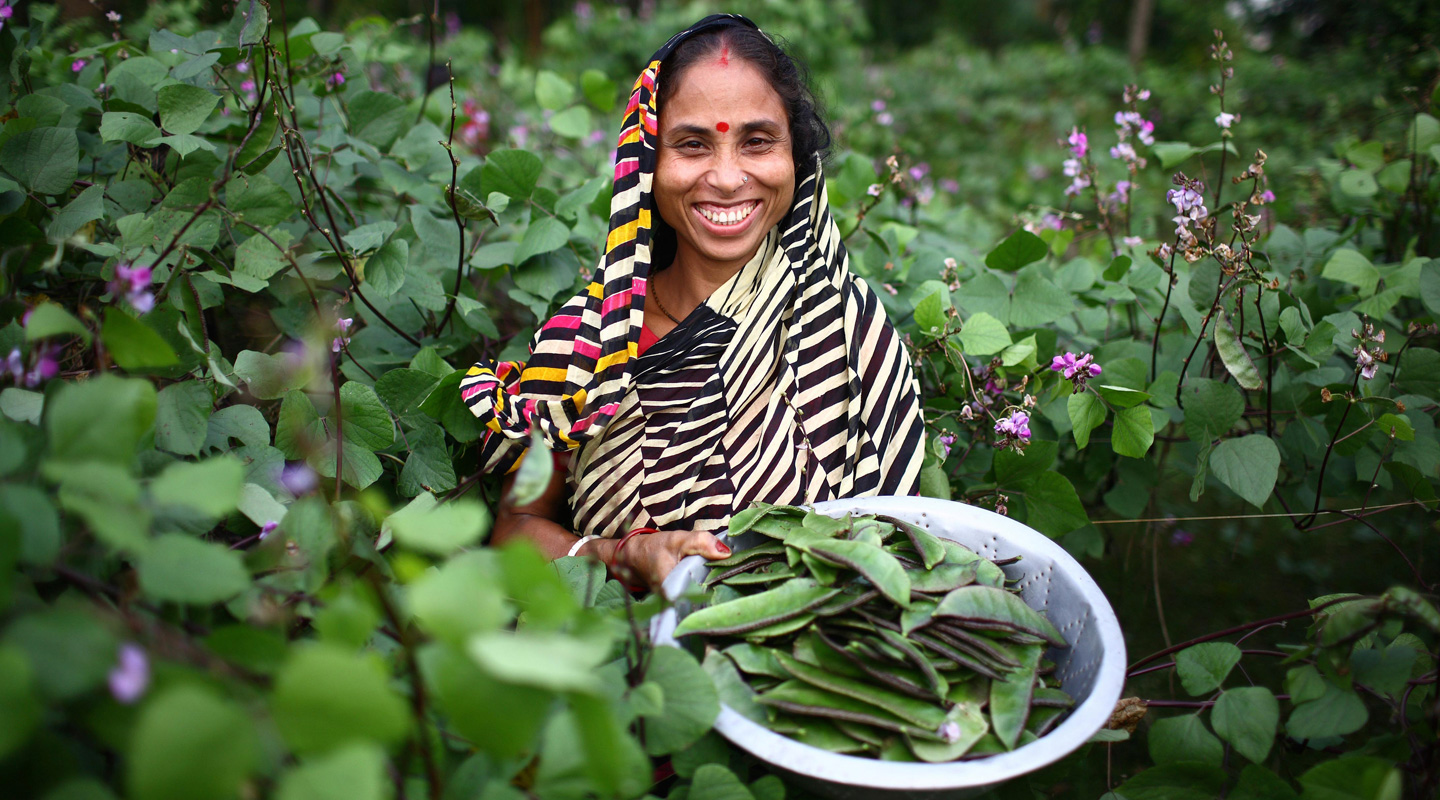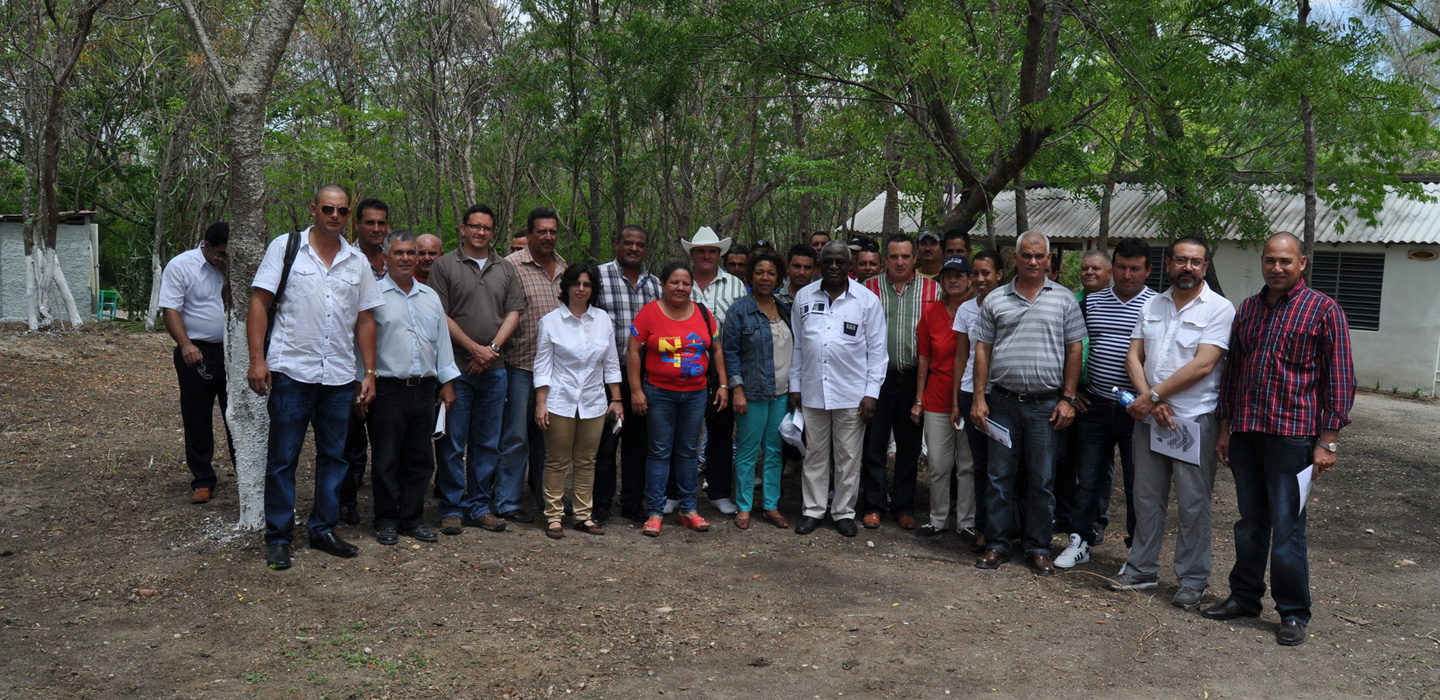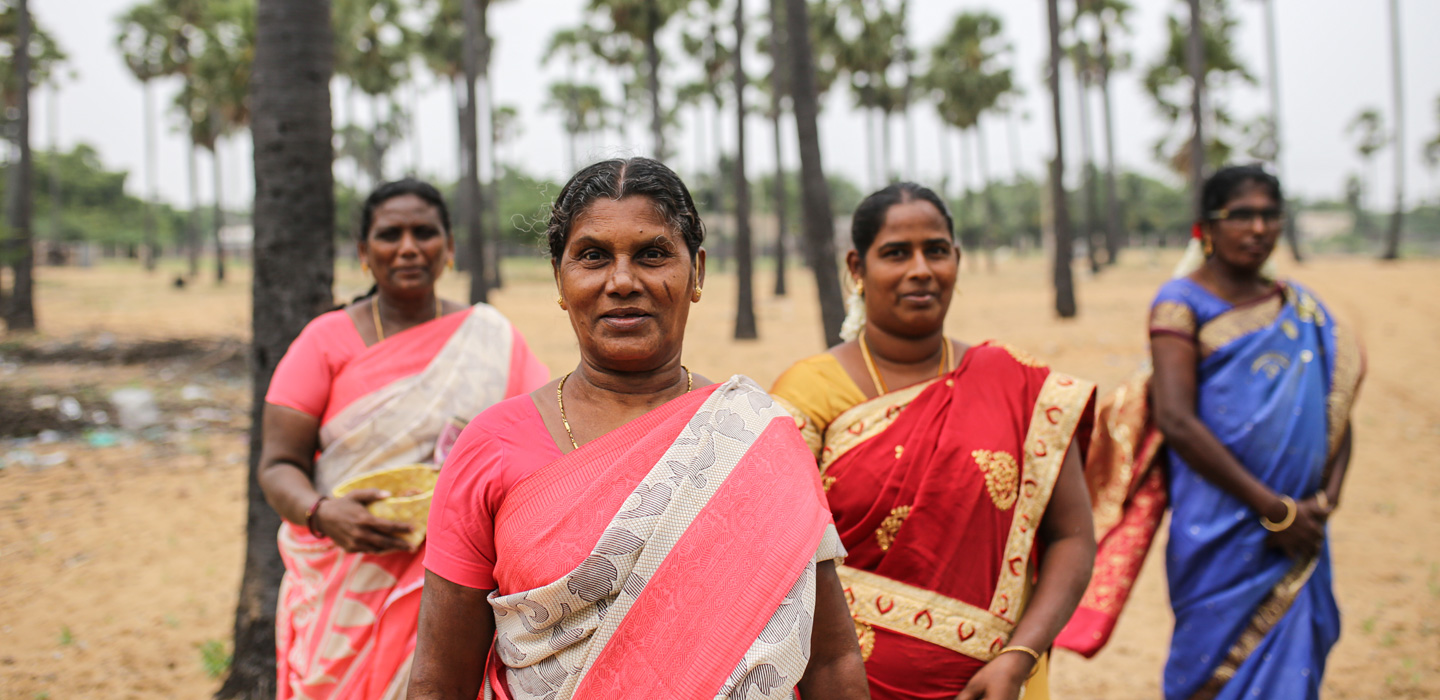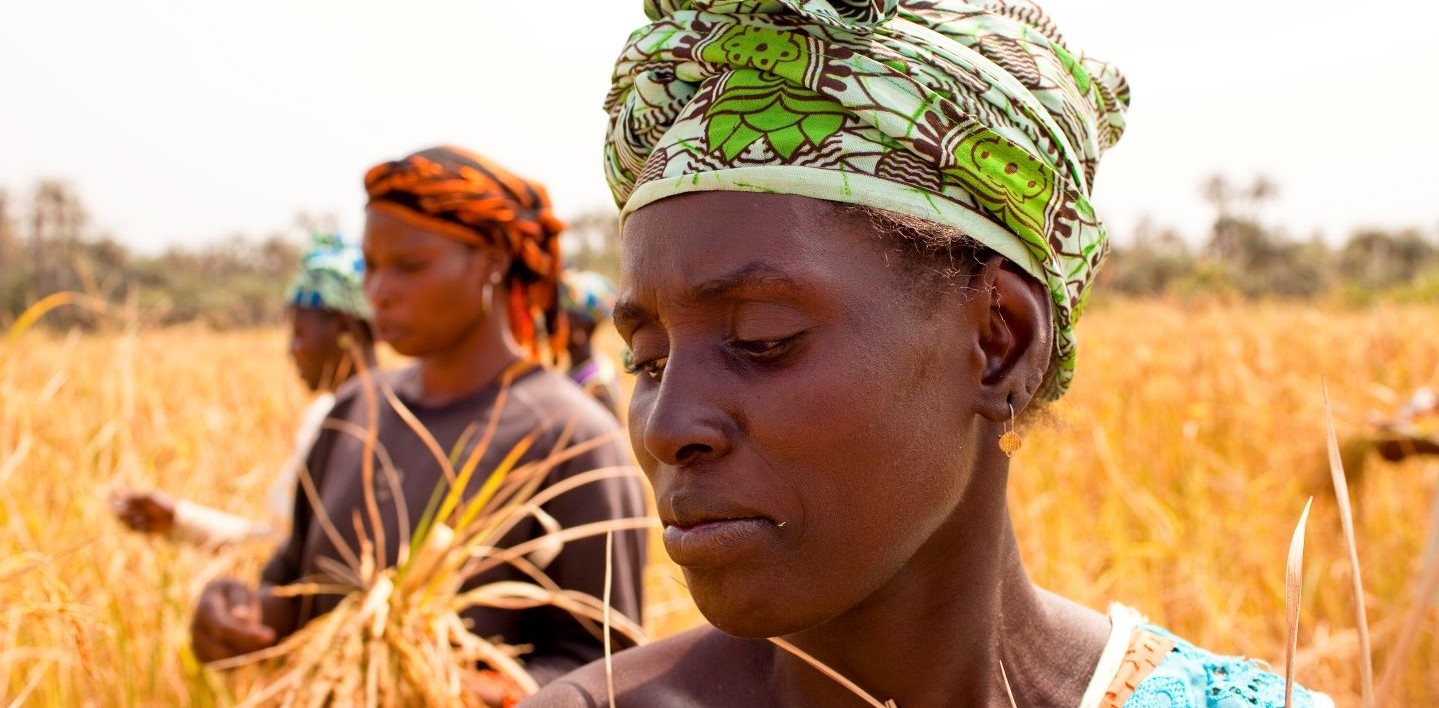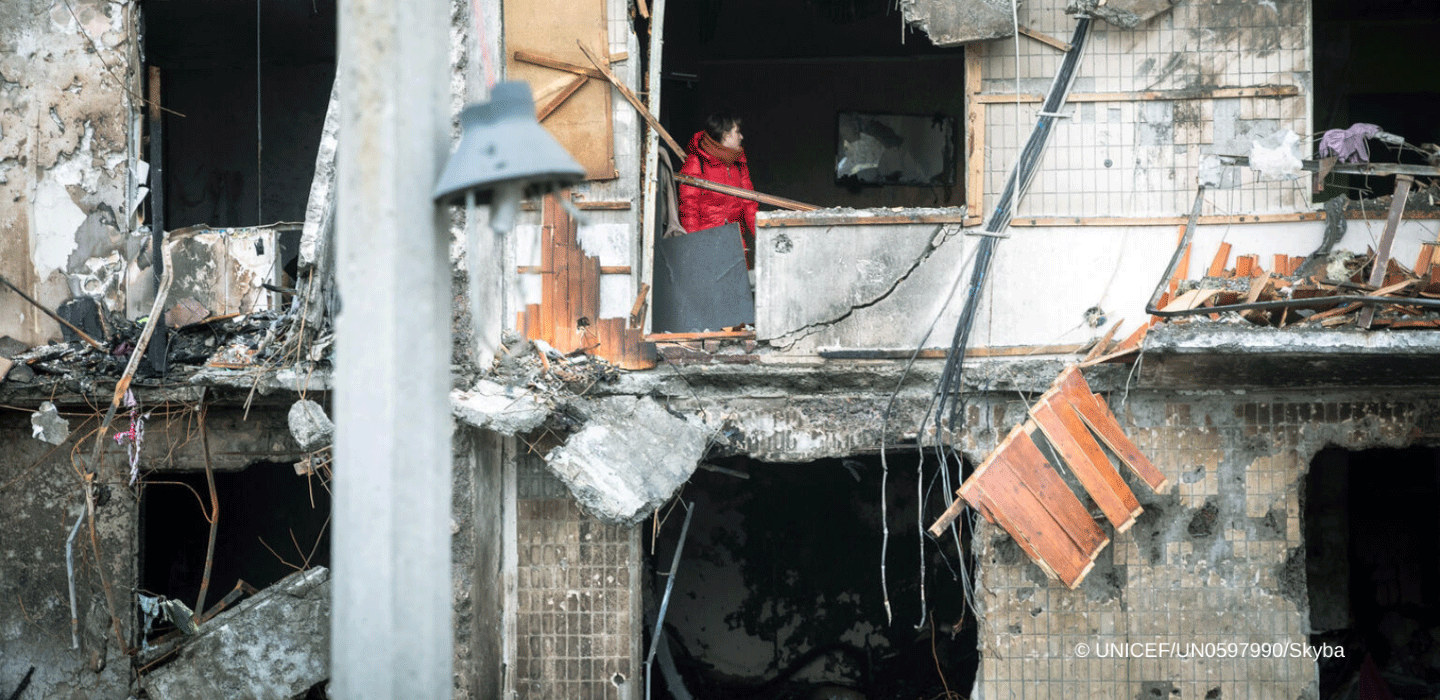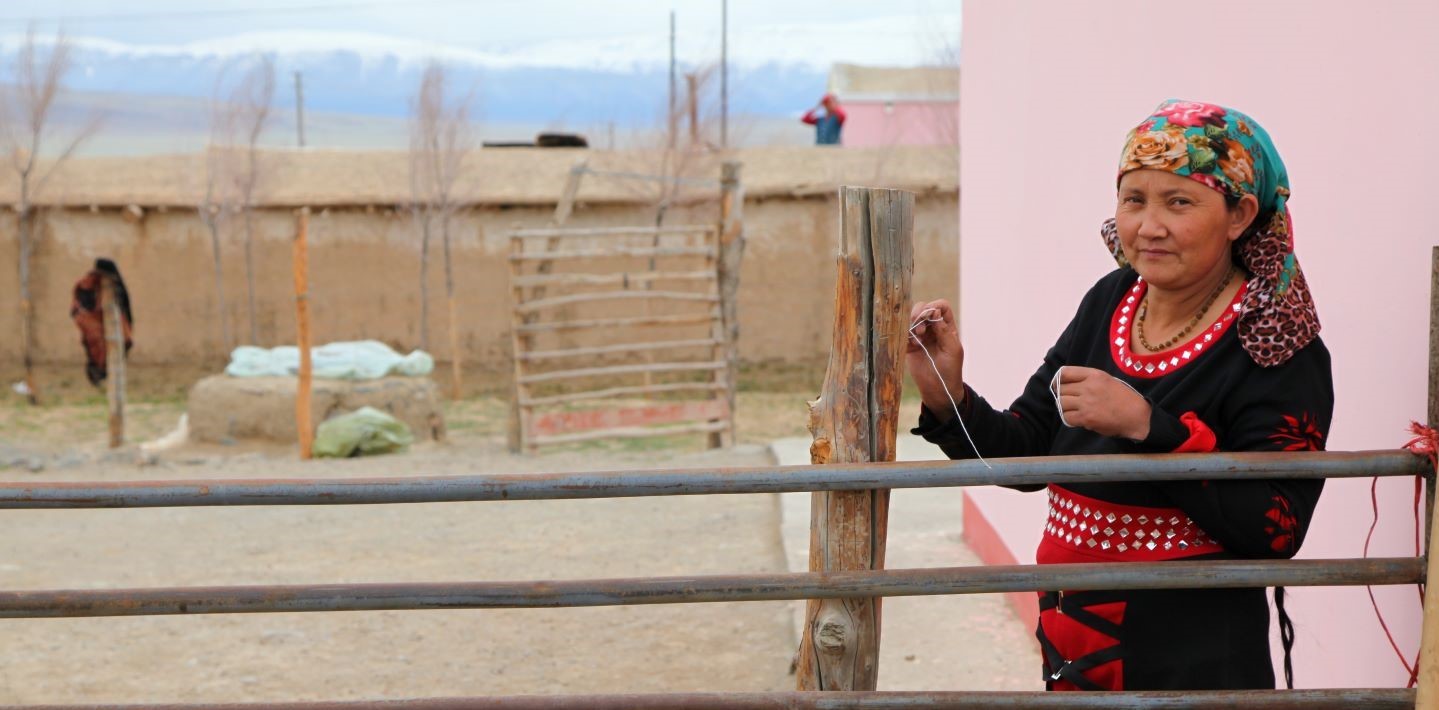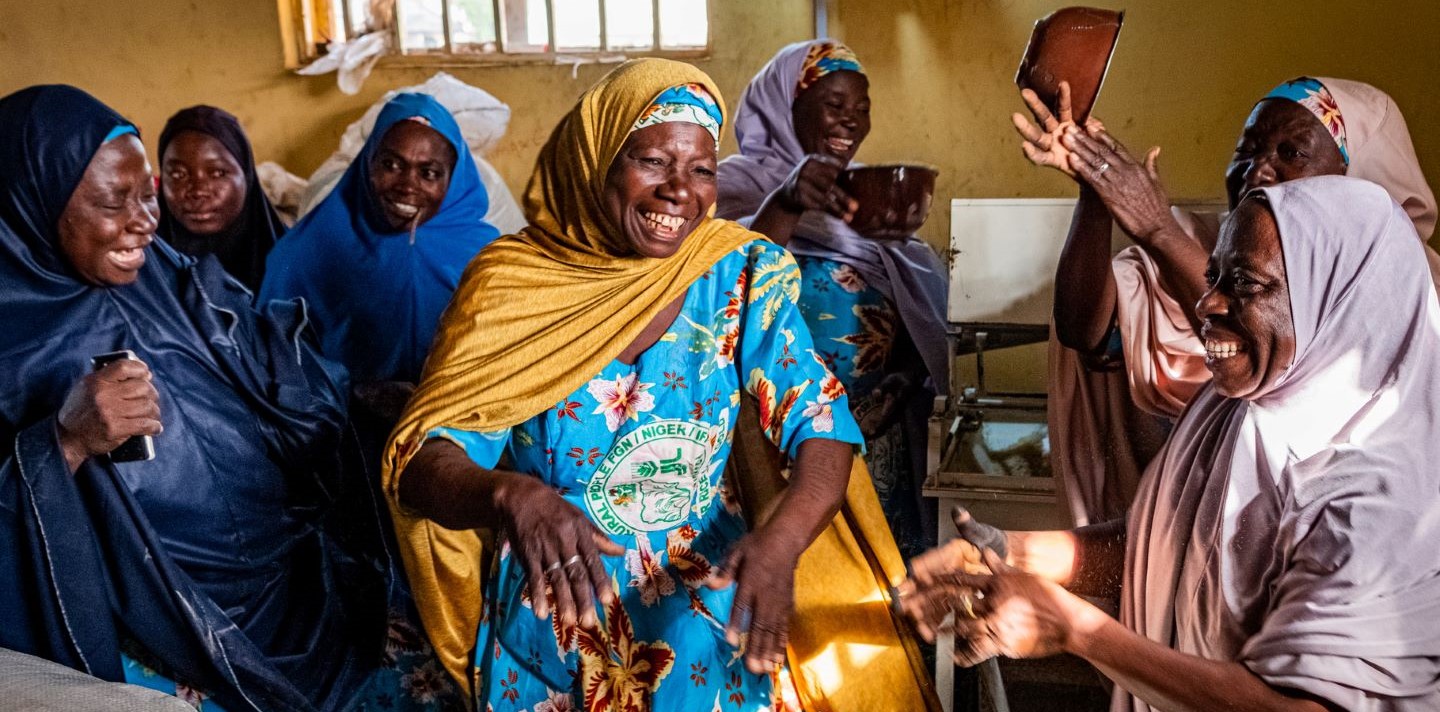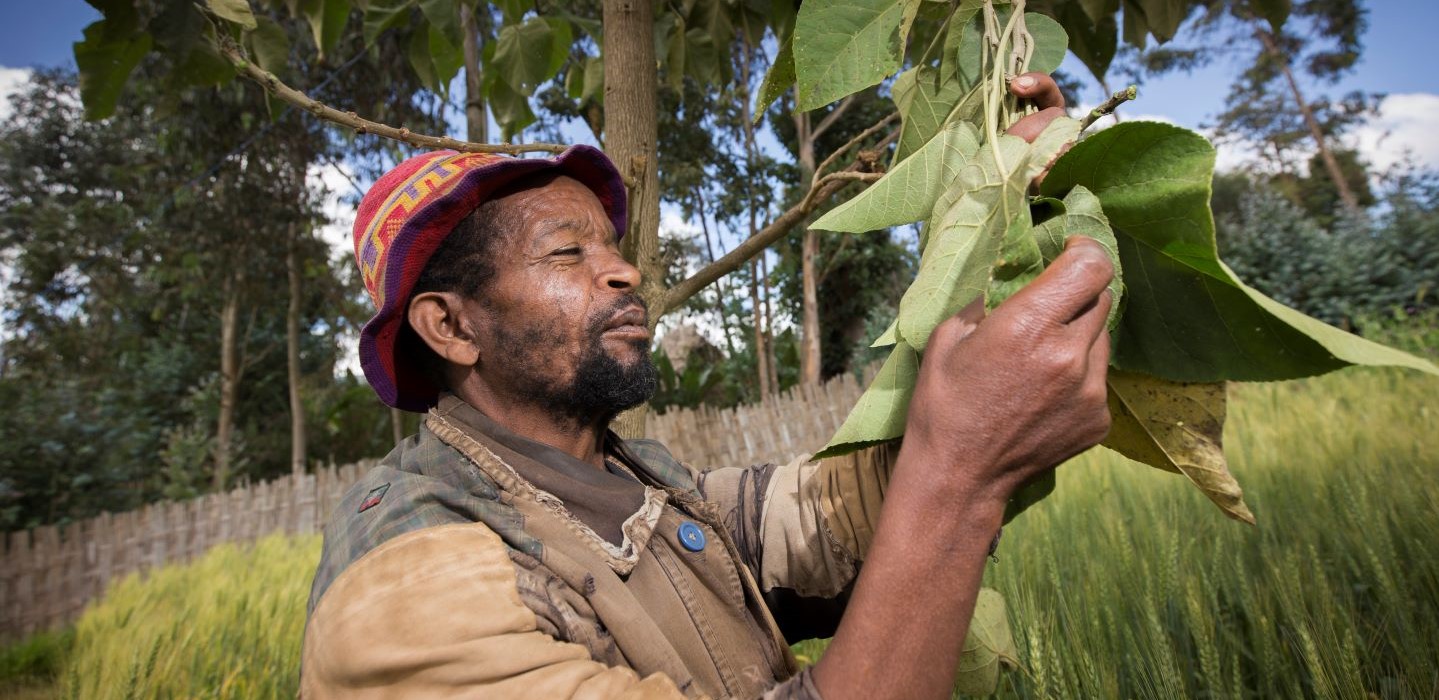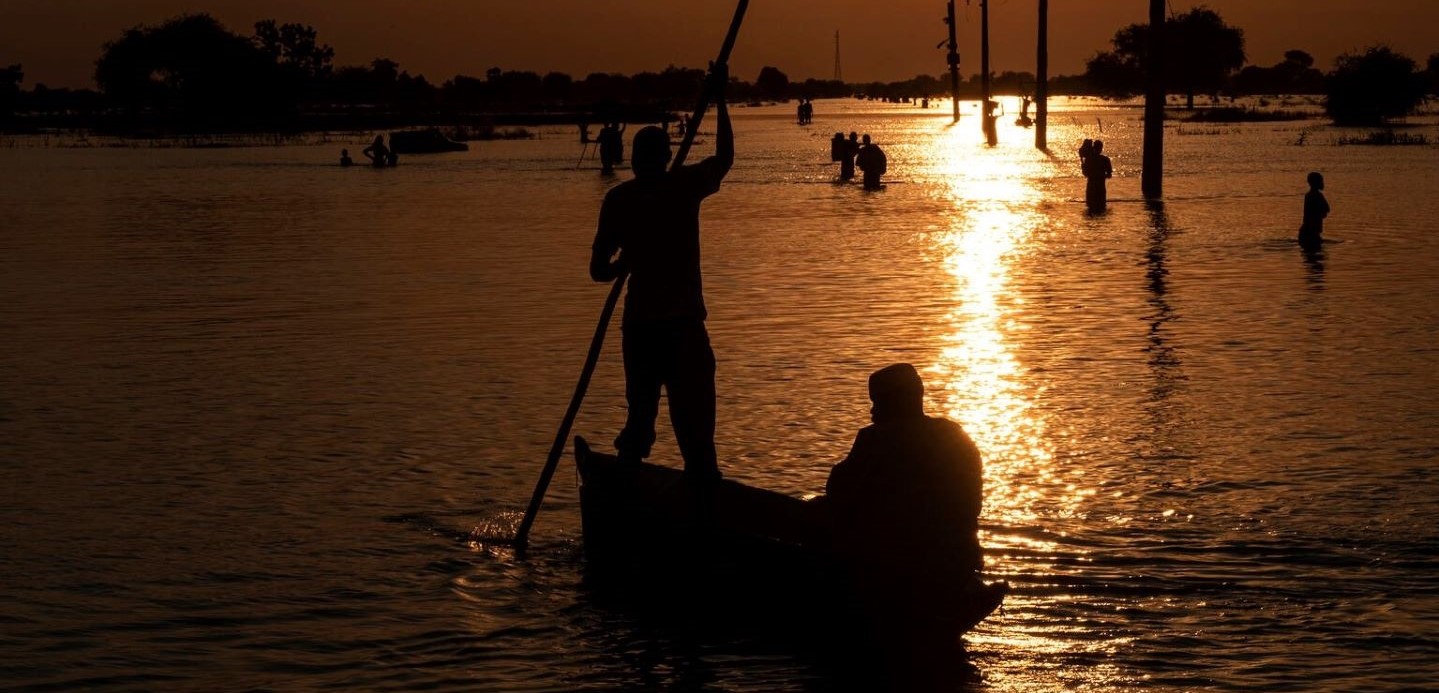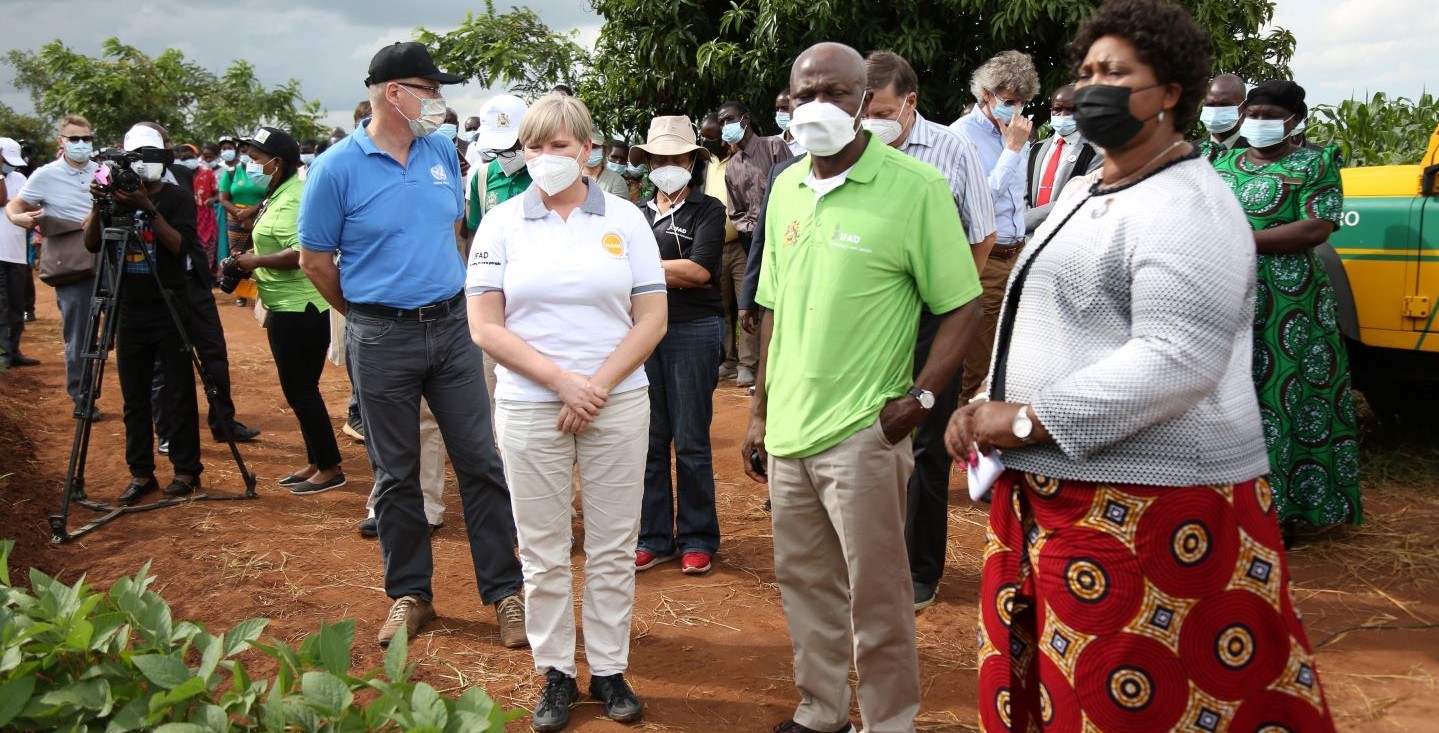Latest
Latest

Latest
Manual Submenu Topics
SearchResultsFilters
Search Results
What it will take to make IFAD truly diverse
There is much interest in promoting workplace diversity recently. Not only is this long overdue, but it also makes financial sense.
Nouveaux accords de financement - Le FIDA accompagne le Sénégal dans son aide aux populations rurales face à la pauvreté et aux changements climatiques
Le FIDA et le Gouvernement de la République du Sénégal ont procédé aujourd’hui à la signature d’un accord de financement visant à améliorer la productivité et l'accès au marché des chaînes de valeur des produits de base prioritaires et de l'élevage, dans le bassin arachidier et les zones agropastorales du Sénégal.
IFAD-funded project to fight rural poverty by addressing climate change effects in Mexico’s Balsas Basin
IFAD and the Government of Mexico have signed a financial agreement today that will support the implementation of a project aimed to fight rural poverty by reducing small-scale farmers’ vulnerability to climate change in one of the Mexican regions most affected by this phenomenon.
Building resilience in the Asia-Pacific region in uncertain times
Just as the shadow of COVID-19 was lifting from many parts of the world, new crises have arisen – and they’re a particularly difficult challenge for poor rural people in developing countries.
In Bosnia and Herzegovina, rural agribusinesses cluster together to flourish
All too often, small family farms operate in isolation. By themselves, they often lack the resources and skills they need to thrive. IFAD is now bringing small-scale farmers and other stakeholders into clusters to work together for their common interests. We caught up with one of our technical specialists to learn more.
IFAD-funded project to protect the environment in Haiti by improving smallholder farmers' and artisanal fishermen's livelihoods
IFAD and the Government of Haiti signed a financing agreement today for the implementation of the Inclusive Blue Economy Project (I-BE). The project will help preserve the Three Bay Protected Area by providing economic opportunities to smallholder famers and artisanal fishermen living in the country’s north-eastern region.
Chef Cracco on how jackfruit is helping rural people in Sri Lanka adapt to climate change
Carlo Cracco, one of Italy’s most famous chefs, is helping IFAD promote jackfruit as a way to adapt to climate change in rural Sri Lanka.
Investing in rural youth in El Salvador to tackle migration and enhance food security
The IFAD-funded Rural Adelante Project in El Salvador helps rural youth stay in their communities and make a living from agriculture, instead of migrating to cities or abroad.
Small-scale farmers and climate adaptation – an under-reported story and world’s premiere of short film with Chef Carlo Cracco are featured at the Perugia International Journalism festival
With COP27 just seven months away, this event brings together food activists and chefs, a climate journalist, a climate expert and farmers themselves to talk about why small-scale farmers must be part of the climate change conversation and the value they can bring to those reporting on climate issues.
How the war in Ukraine impacts the world
Conflict and food insecurity go hand-in-hand. Stable food systems and sustainable development are simply not possible without peace.
US$20 million loan from India boosts IFAD’s efforts to tackle hunger and poverty in rural areas
India has strengthened its commitment to fight hunger and poverty in rural areas by agreeing to loan US$20 million to IFAD.
Agriculture is not just a contributor to climate change. It is an essential part of the solution - IFAD’s reaction to the latest IPCC report
While we can no longer avoid climate change, we can still limit its impacts. It is time we start viewing agriculture as an essential part of the solution.
Communities use GIS maps to conserve forests and adapt to climate change
Making the right decisions about managing natural resources isn’t always easy. That’s especially true for watersheds, where the local ecosystem depends on the health of multiple waterways. Now, GIS technology is helping communities in rural Nepal monitor and preserve the forests fed by local watersheds.
From biotechnologist to artisanal cheesemaker
Ibtissèm’s career in the pharmaceutical industry was off to a strong start, but she put it on hold when her mother fell ill. Back in her hometown in central Tunisia, she needed a new way to support herself and her mother – and then she realized that her skills would serve her well in her town’s bustling dairy industry.
Appointment of the President of IFAD
The President of IFAD is appointed for four years with a two-term limit.
Member States to nominate candidates for next IFAD President
IFAD today announced a call to its 177 Member States to nominate candidates for the Fund’s next President.
Meet some of the women leading sustainable development around the world
Sustainable development can only be achieved with the contributions of rural women, yet they face many challenges. Let’s meet three women who have transformed their lives with the help of the JP RWEE initiative.
Building a bay, one oyster at a time: A conversation with Chef Rob Rubba
“At the end of the day, restaurants are a luxury, but having food is a right. Everyone should have access to food.”
Putting Nature at the Heart of Farming - Episode 30
This month’s episode is all about biodiversity and agriculture.
IFAD-funded project to combat climate change, increase staple food production and enhance Bolivia’s food security
IFAD and the Government of Bolivia have signed a financing agreement that initiates the implementation of the ACCESOS Rural Project. This rural development intervention will help Bolivian small-scale farmers counter the great impact of climate change on the country’s rural areas to increase staple food production, thus enhancing food security.
IFAD discusses COP27 preparations with the Egyptian government
IFAD’s Associate Vice-President for Strategy and Knowledge Jyotsna Puri visited Egypt last week, where she met with the Egyptian government, the United Nations Resident Coordinator in Egypt, representatives and beneficiaries of IFAD's projects, as well as local media. Dina Saleh, Regional Director of the Near East, North Africa and Europe Division, accompanied her during the visit.
Recipes for Change: Sri Lanka - Polos Curry
In Sri Lanka, the climate crisis is causing rising temperatures, increasingly extreme weather events and variable precipitation patterns are harming agricultural productivity and food security. Through the Smallholder Agribusiness Partnership Programme, IFAD offers solutions for rural people, including promoting jackfruit among smallholder farmers because of its high value and resilience.
Is the grass always greener where it rains?
Groundwater depletion continues to be a challenge for small-scale farmers in the NENA region, despite the existence of water-saving technologies. Now, a new study is shedding light on ways farmers can improve their water efficiency – and where they can turn for help.
Groundwater can help small-scale farmers adapt to climate change, if it’s used sustainably
If groundwater is used carefully, it can be used by small-scale farmers to grow the crops they need to feed their families and build livelihoods in areas that are strongly affected by climate change.
Uncovering the truths about groundwater
Below our feet lies a hidden treasure: groundwater. It sustains ecosystems and provides food, drink and livelihoods for billions. And as climate patterns change with global heating, this reliable water source is becoming ever more important for food security and livelihoods.
In Moldova, shelter belt forests build rural livelihoods and protect against climate change impacts
Forests are an excellent buffer against the effects of climate change. They’re also home to a variety of native plant and animal species that can foster resilient, sustainable local economies.
Impacts of Ukraine conflict on food security already being felt in the Near East North Africa region and will quickly spread, warns IFAD
As the war continues to rage in Ukraine, impacts of rising food prices and shortages of staple crops are already being felt in the Near East and North Africa region and spreading to the world’s most vulnerable countries.
Empowering Rural Women: UN Joint Programme’s new phase to target countries in Africa, Asia and the Pacific
Four United Nations agencies today announced the forthcoming launch of a new phase of a joint programme that aims to secure rural women’s livelihoods, rights and resilience to advance sustainable development.
IFAD and UN Women join hands for rural women’s empowerment in China
IFAD and UN Women were each working in rural China, helping women access new opportunities and gain an equal say in their communities. Then the two agencies decided to collaborate, opening up new ways to fulfil their respective mandates – rural development on one hand, and women’s empowerment on the other.
Appel à propositions: Création de possibilités d’emploi pour la jeunesse rurale en Afrique
Cet appel à propositions vise à sélectionner un bénéficiaire ou un consortium de bénéficiaires pour recevoir un financement sous forme de don du FIDA sur quatre ans pour mettre en œuvre le projet : Opportunités d'emploi pour les jeunes ruraux - Appui à l'initiative des pôles agro-industriels intégrés
From virtual reality to virtual field visits: How IFAD used technology to stay connected to the people we serve during COVID
Two years ago, COVID-19 closures forced us all apart – but the creative use of technology helped keep us together. Today, with tech giants promising to take all of us into the metaverse, IFAD is exploring how cutting-edge technology can help us see the world through each other’s eyes.
In The Gambia, targeted COVID-19 support helps small businesses flourish
Back in early 2020, when the first waves of COVID-19 were spreading around the world, IFAD launched the RPSF as a multi-donor initiative to sustain rural people around the world during the pandemic. With the RPSF’s help, many were able to start small businesses – and today, those businesses are sustaining local economies and building resilience.
Promises kept: Crop insurance makes a difference for Kenya’s small-scale farmers
Farming can be a risky business indeed. Recently, some IFAD-supported initiatives have begun piloting crop insurance programmes for participating farmers – and for KCEP-CRAL farmers in Kenya, the new insurance policies arrived just in time.
Digital Technology and Homeworking help rural women in Guatemala recover from COVID-19
COVID-19 lockdowns meant Juana could no longer go to her job in rural Guatemala. But thanks to a loan from her local rural savings bank and IFAD’s Rural Poor Stimulus Facility, Juana started her own business at home.
Driving Miss Babli: Young women in Bangladesh get the chance to learn new skills
Thanks to driving lessons provided by the Haor Infrastructure and Livelihood Improvement Project - Climate Adapation and Livelihood Protection (HILIP/CALIP), a group of young rural women in Northern Bangladesh now have careers as drivers—a typically male-dominated profession.
UN Food Agencies Call for Climate Adaptation Solutions that Include Women and Girls
As climate extremes become more frequent and intense, women and girls - who are at a higher risk than men and boys of experiencing the devastating effects of the climate crisis - including food insecurity, need to be front and centre when planning and implementing climate change adaptation solutions, said three United Nations' food agencies at their joint International Women's Day event today.
On International Women’s Day, IFAD and Govt. of Maharashtra boost commitment to empower 1 million rural women
Ahead of International Women’s Day, IFAD and the Government of Maharashtra in India agreed to invest an additional US $12 million, to socially and economically empower 1 million rural women in the state through the Nav Tejaswini project.
From Guatemala, to India, to the sun and back: indigenous women are securing a brighter future with solar power
Marta had never left her community before and was nervous to travel. Many told Carmelina not to go, saying India was too far and six months was too long to be away. But despite their concerns, the two women embarked on their journey, determined to bring electricity to their communities.
Why rural women need land rights: A conversation with Steven Jonckheere
This International Women’s Day, we sat down with Steven Jonckheere, IFAD’s Senior Technical Specialist on Gender and Social Inclusion, for a conversation on why women’s land rights matter – and what IFAD is doing about it.
These numbers prove that rural women are crucial for a better future. But they're not getting what they need to succeed
Despite being largely responsible for the food on our farms and on our tables, women don’t have access to the same resources as men. Without access to land, finance, training, inputs and equipment, women can’t produce effectively, achieve financial stability or food security, or grow their businesses.
To tackle climate change, we need to empower rural women. Here are four ways to do that
Rural women already know what needs to be done to help their households and communities adapt to climate change and build resilience. Here are four ways to empower them for a climate-safe future.
IFAD-funded project to increase coffee and cocoa production in eastern Cuba while building resilience of smallholder farmers to climate change
IFAD and the Government of Cuba hosted an event today at the Hotel Nacional in Havana to launch the Agroforestry Cooperative Development Project (PRODECAFE). The project aims at increasing coffee and cocoa production in the eastern region of the country, while contributing to enhanced resilience of this region’s smallholder farmer cooperatives to climate change.
Why must we wait another generation to close the gender gap? Women are long overdue a seat at the table
Last year, the World Economic Forum revised its estimates for closing the gender gap. Shockingly, rather than reaching equality sooner, the gap has increased a generation. At IFAD, we work to achieve a more equitable rural world, one where women’s participation in decision-making is no longer an exception.
5 questions you should be asking about climate change and rural women
Women and girls all over the world are more strongly affected by climate change. For International Women’s Day, we’re taking a look at why that is and how women and girls can lead the way in adapting to the new environment.
The impact of conflict in Ukraine on global food security – statement by Gilbert F. Houngbo, President of IFAD
At IFAD we are following the situation in Ukraine with a heavy heart. We deplore the loss of life and displacement of populations, and we join the call of the UN Secretary General to end military operations, restore peace and protect human rights.
UN agency IFAD and the Chinese Academy of Agricultural Sciences release study on the impacts of COVID-19 on the rural economy
This meta-analysis study captures the key findings of the impact of the COVID-19 pandemic on the rural economy and especially on the livelihoods of smallholder farmer households.
2021 Gender Awards: Five IFAD-supported projects transforming women’s roles in rural communities
Every year, we recognize a project from each of our regions that empowers rural women and girls. Here, we present the winners of the 2021 Gender Awards.
Nutrition-sensitive investments for resilient food systems: Lessons from Ethiopia
More and more of IFAD’s development projects are focusing on nutrition as a way to optimize their impact. Our work in Ethiopia exemplifies this.
An alarm we can no longer ignore: IFAD’s reaction to IPCC’s latest report
The IPCC’s new report, “Impacts, Adaptation and Vulnerability”, underscores the urgency of climate change adaptation.
Norway puts small-scale agriculture at the center of its fight against hunger and poverty with increased funding to IFAD
Norway boosted its fight against hunger and poverty today by announcing a contribution of NOK140 million (US$14.7 million) to IFAD.
